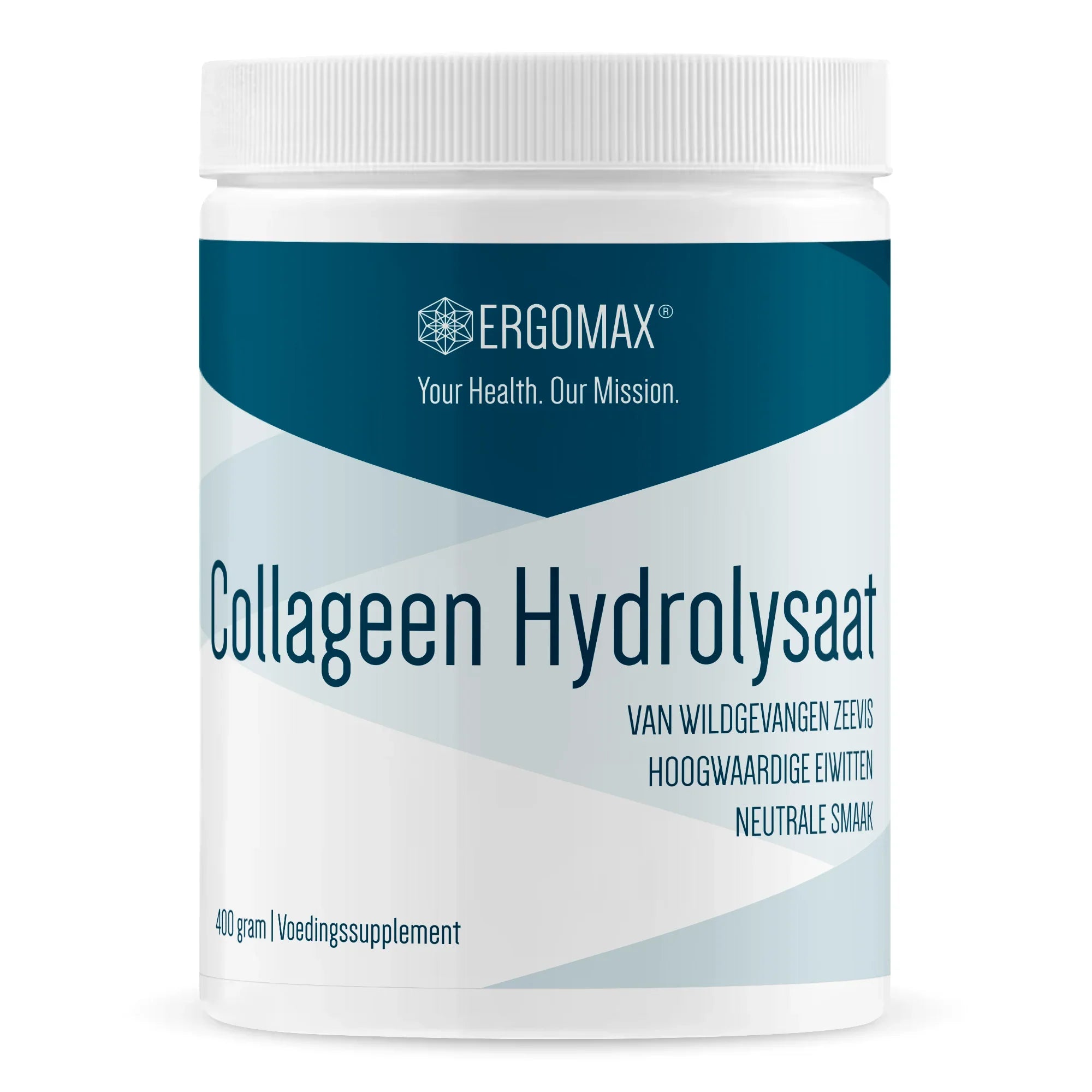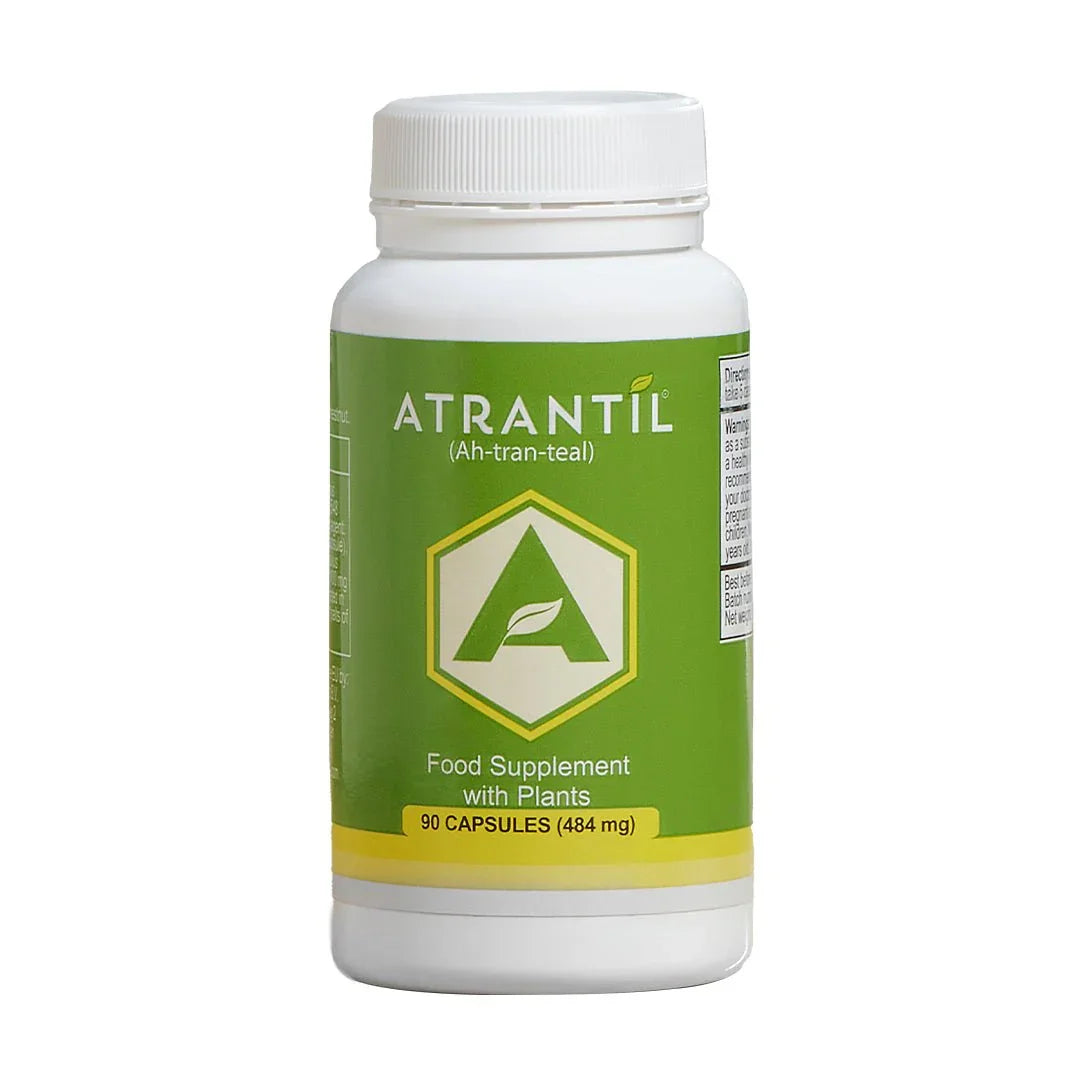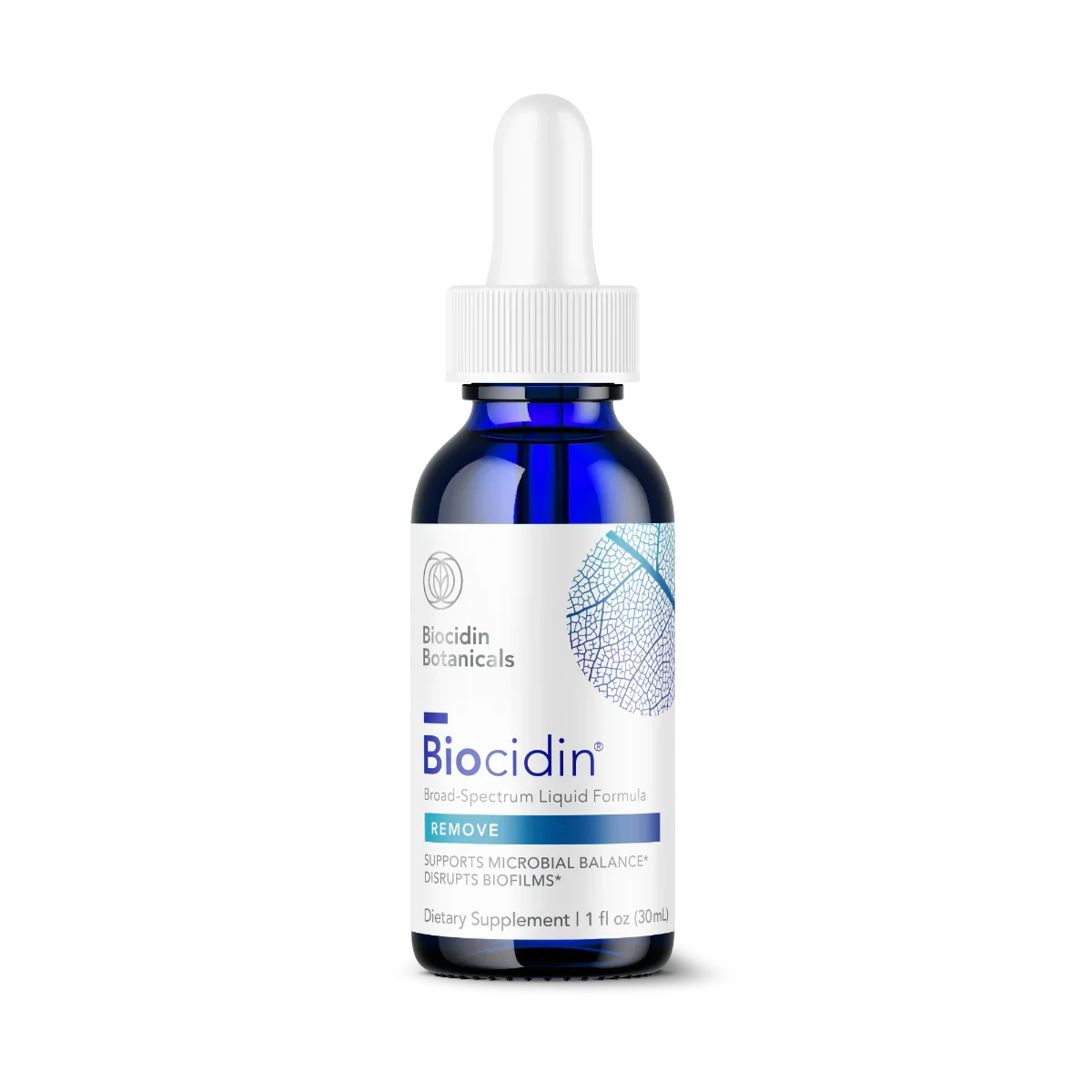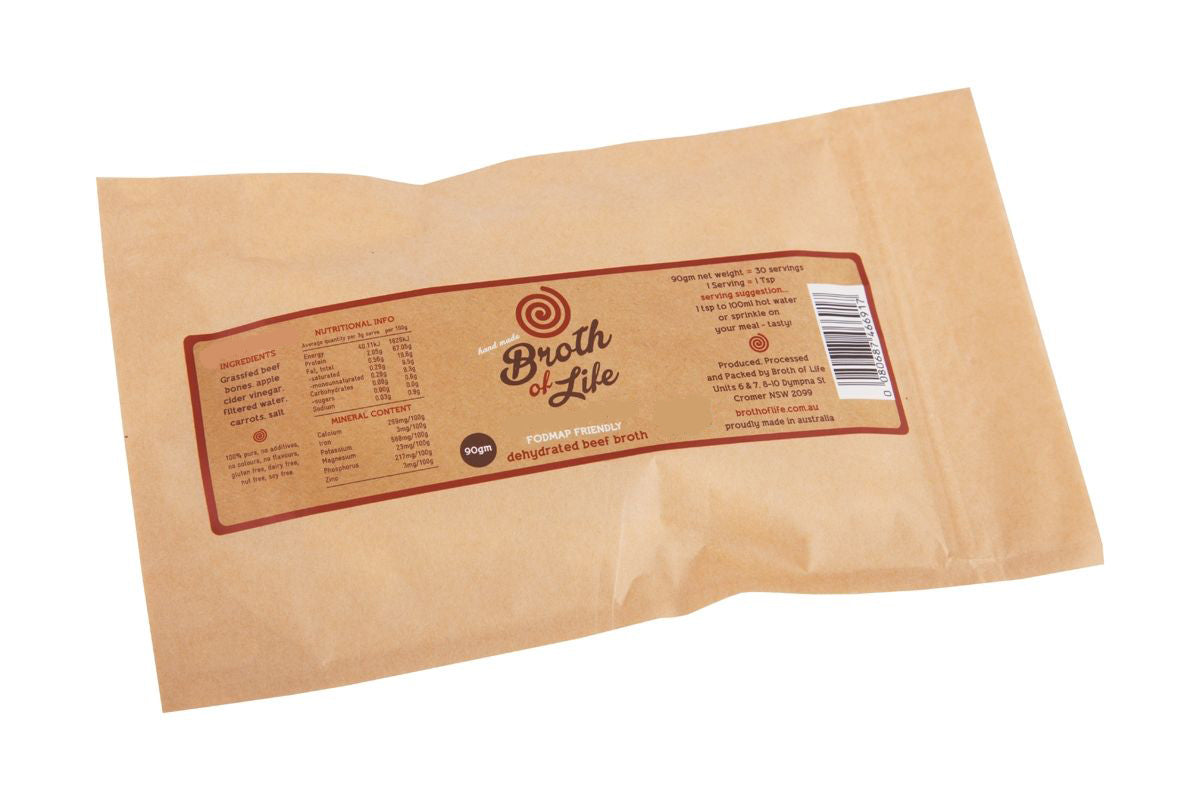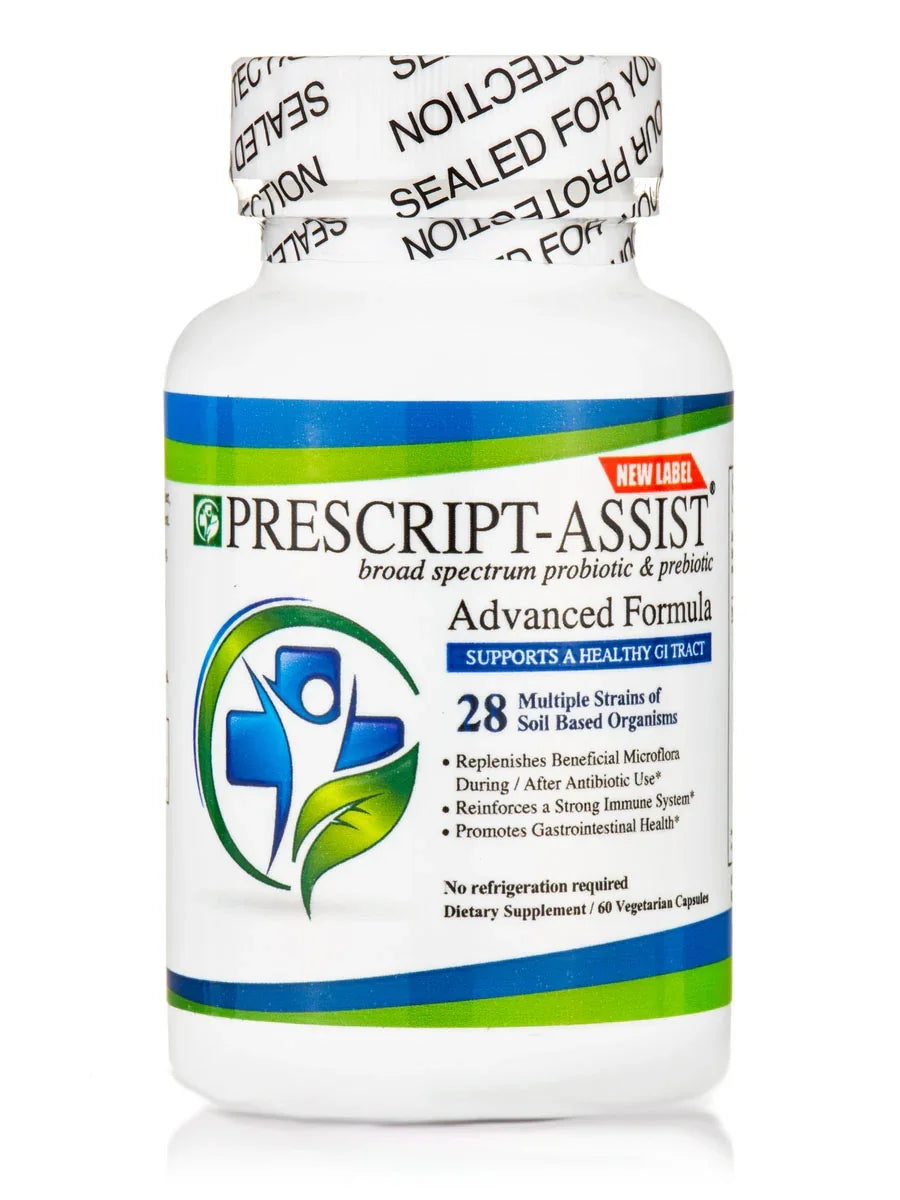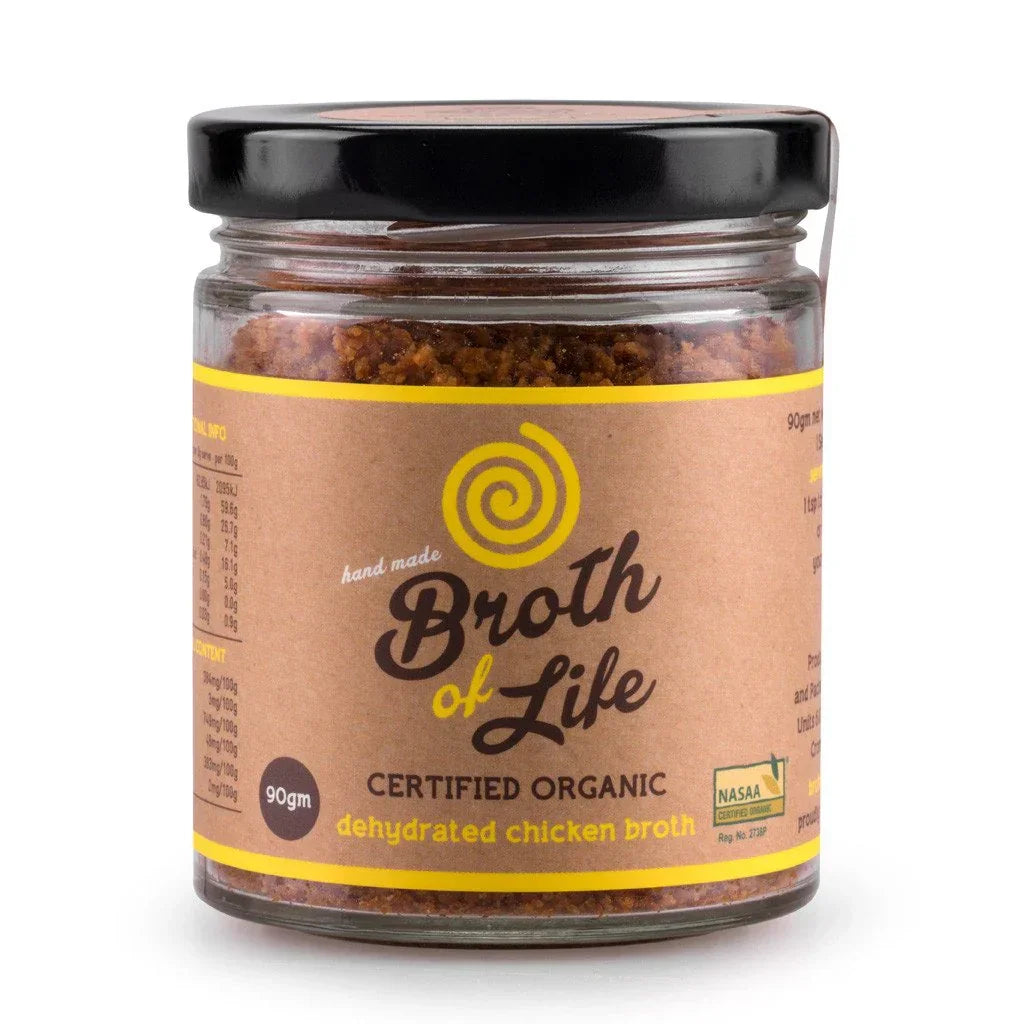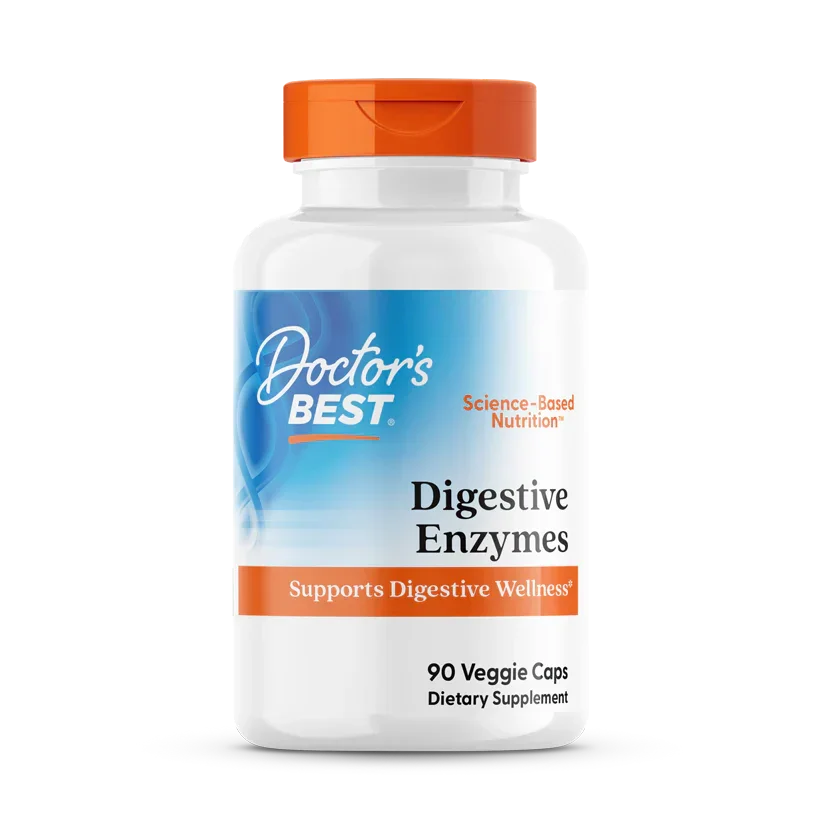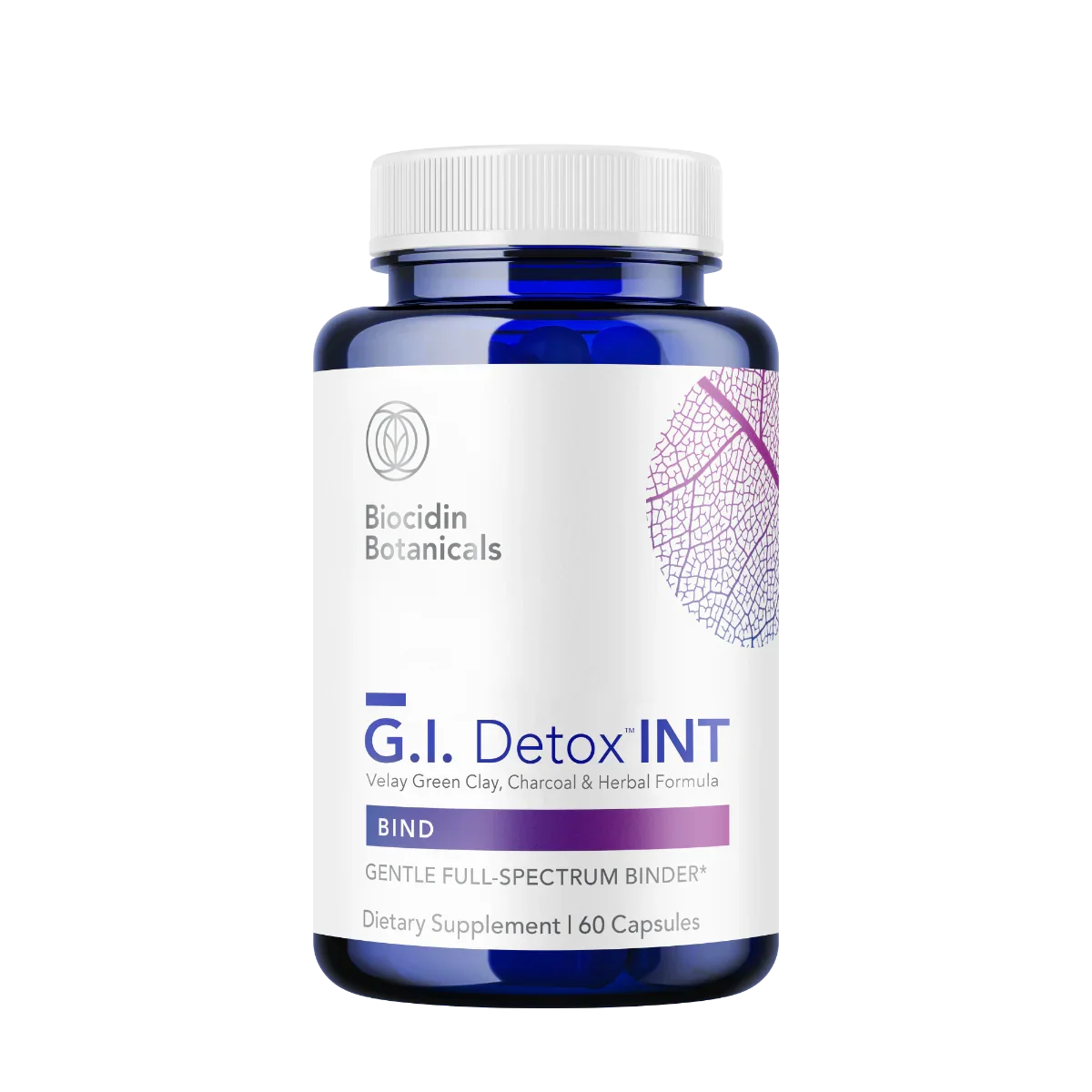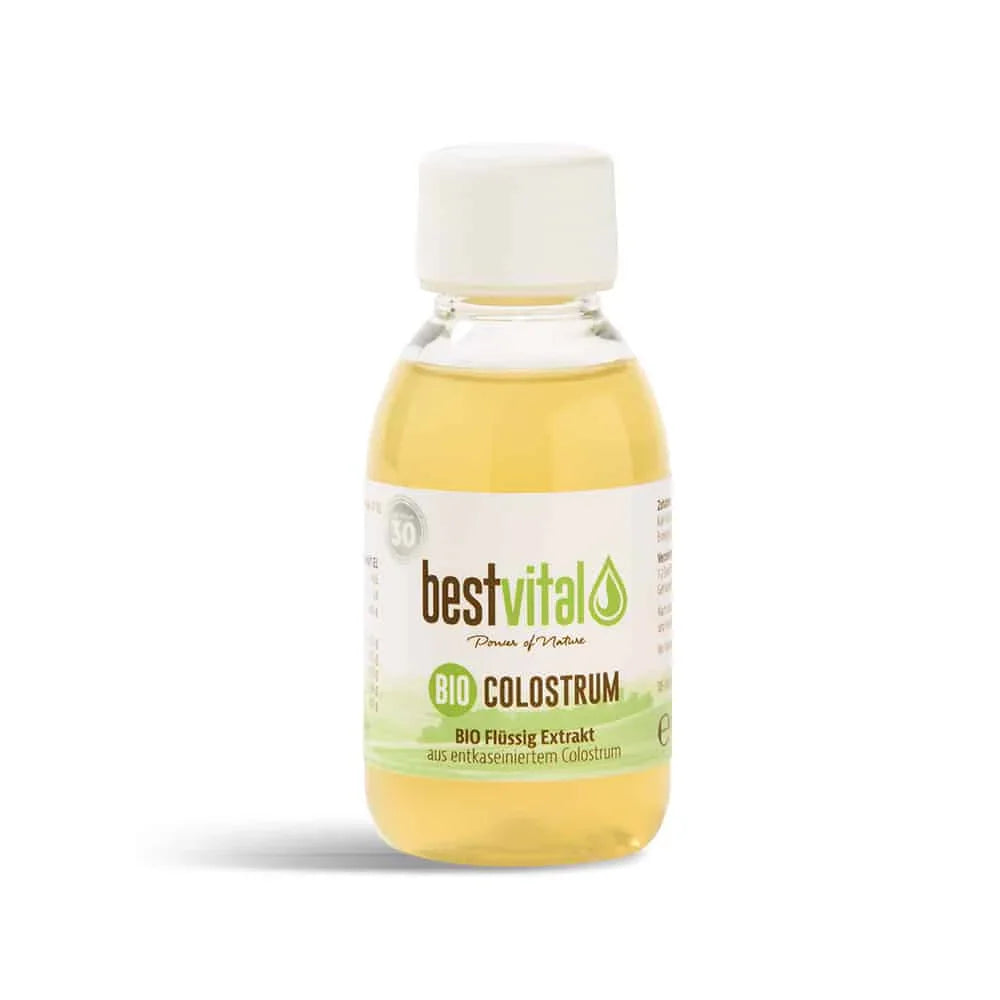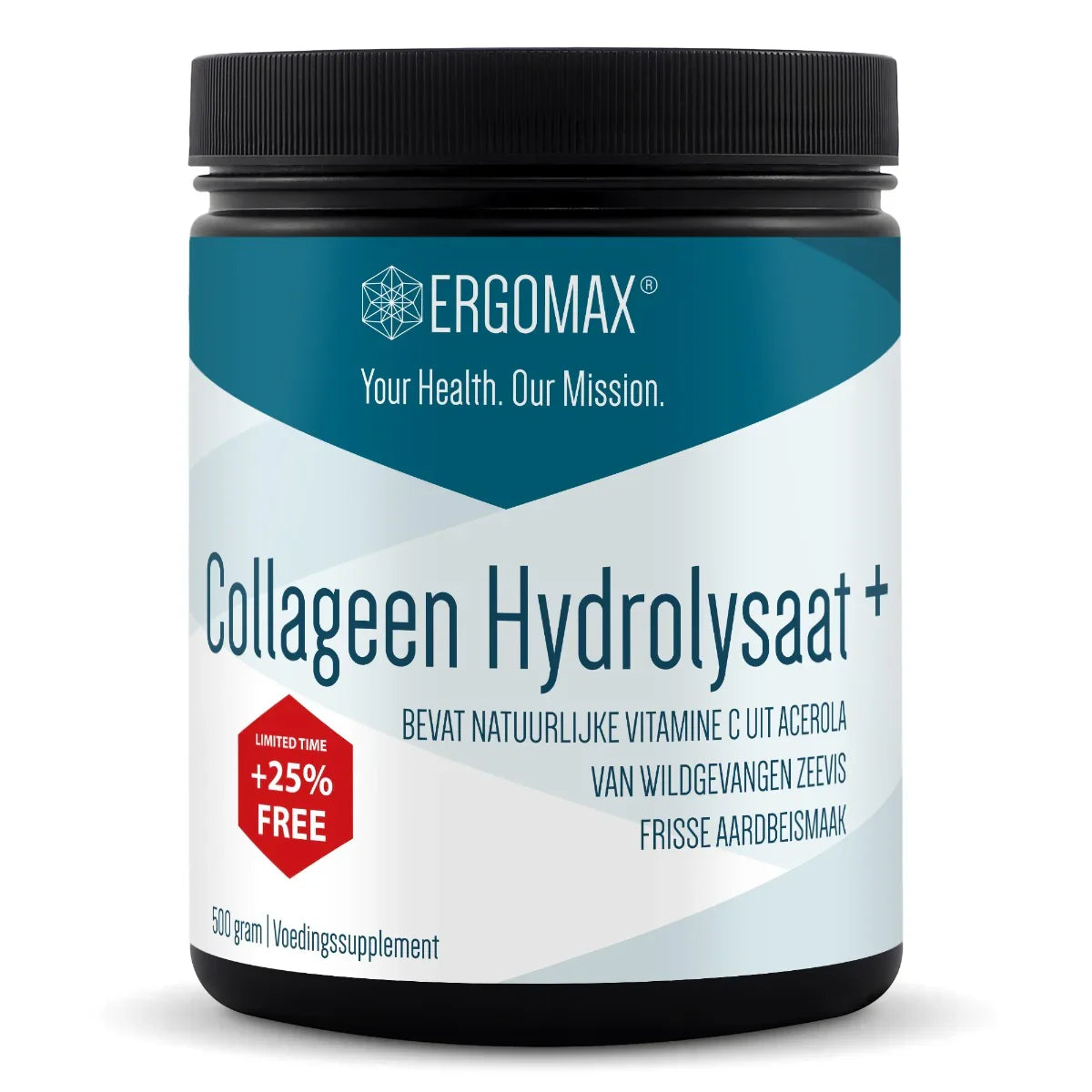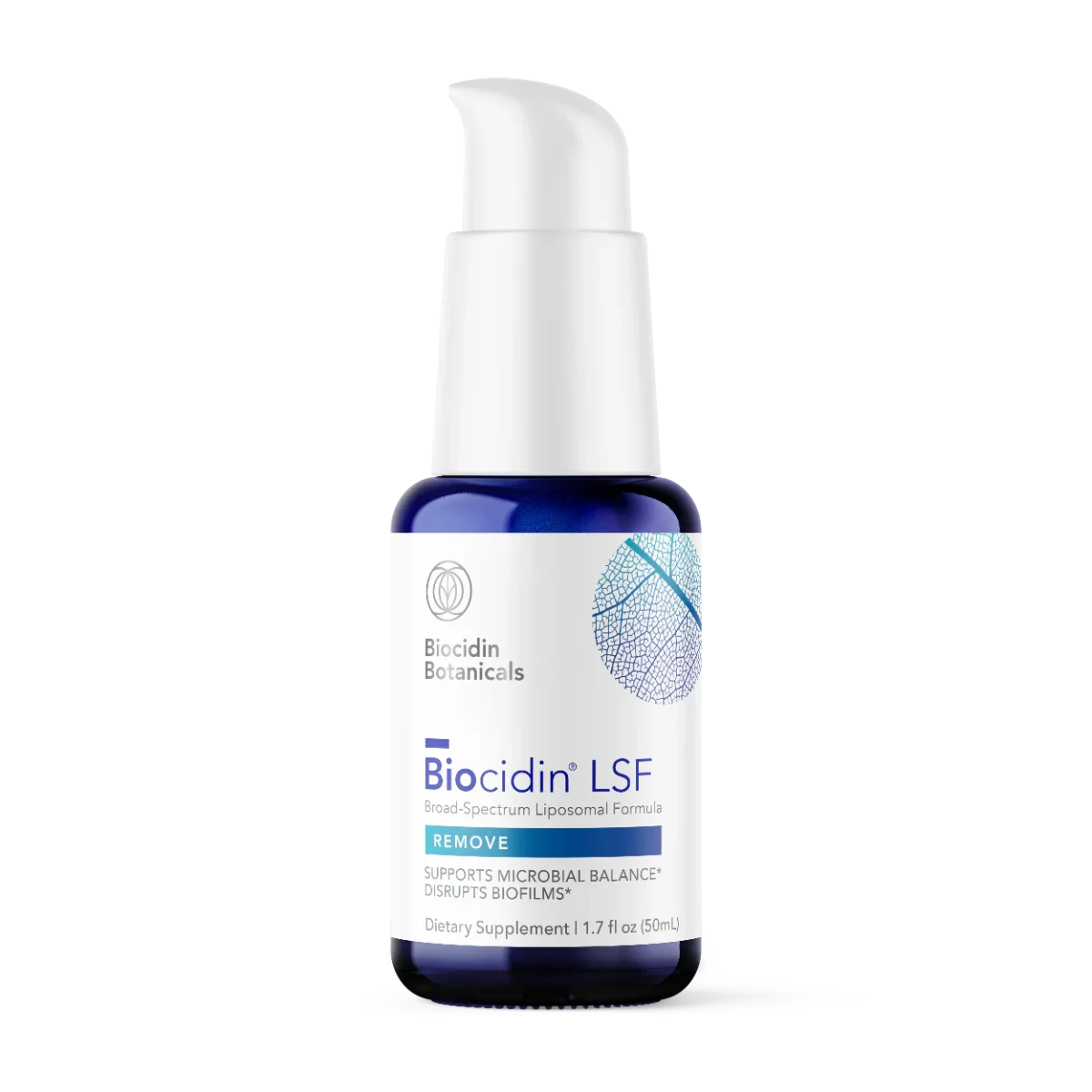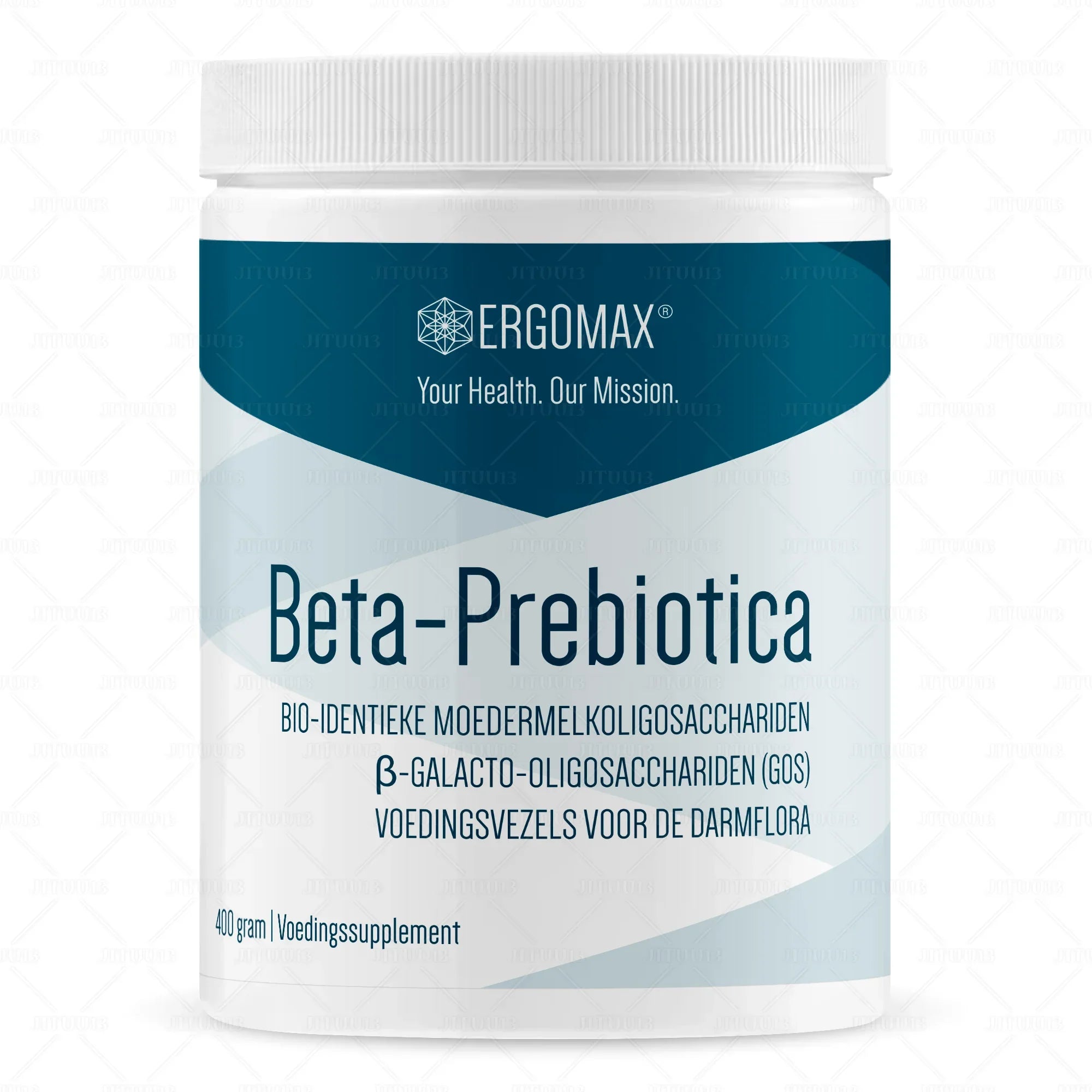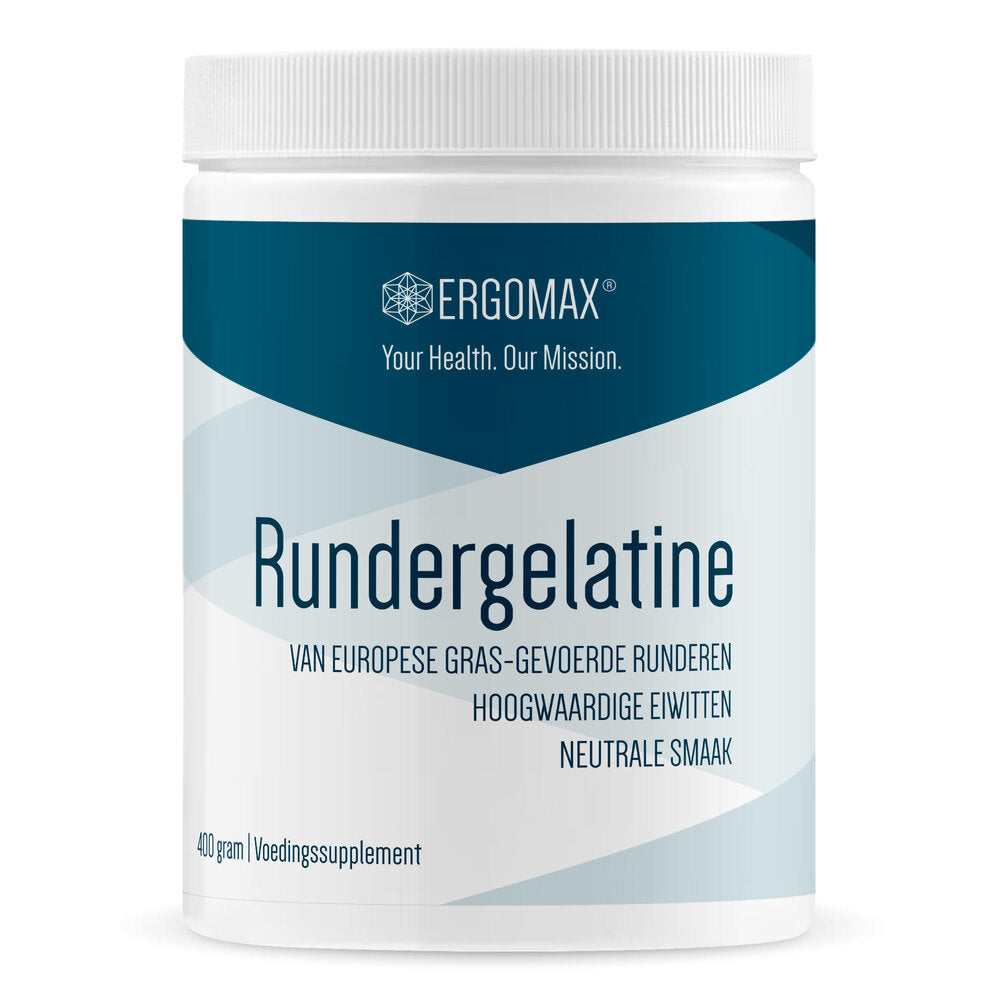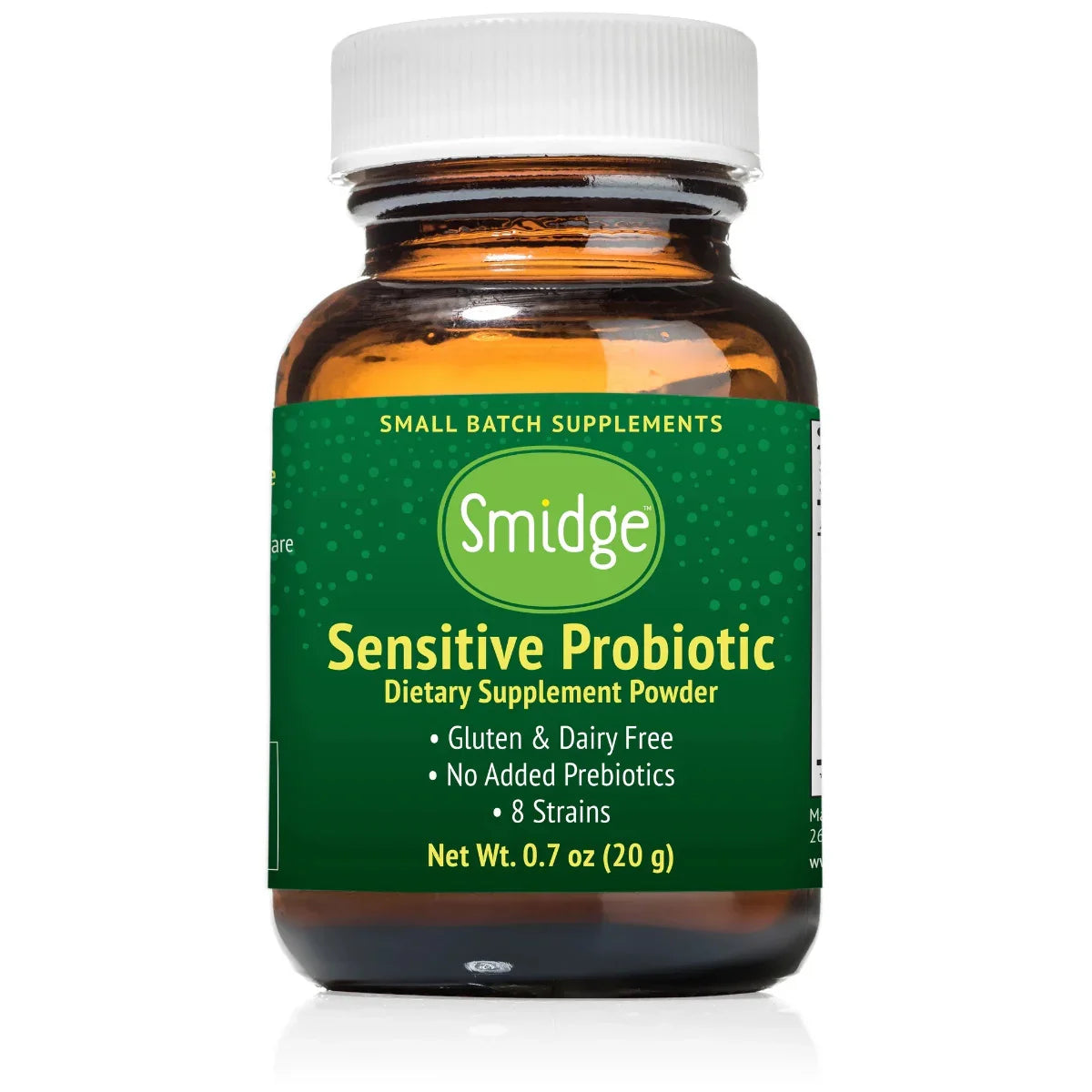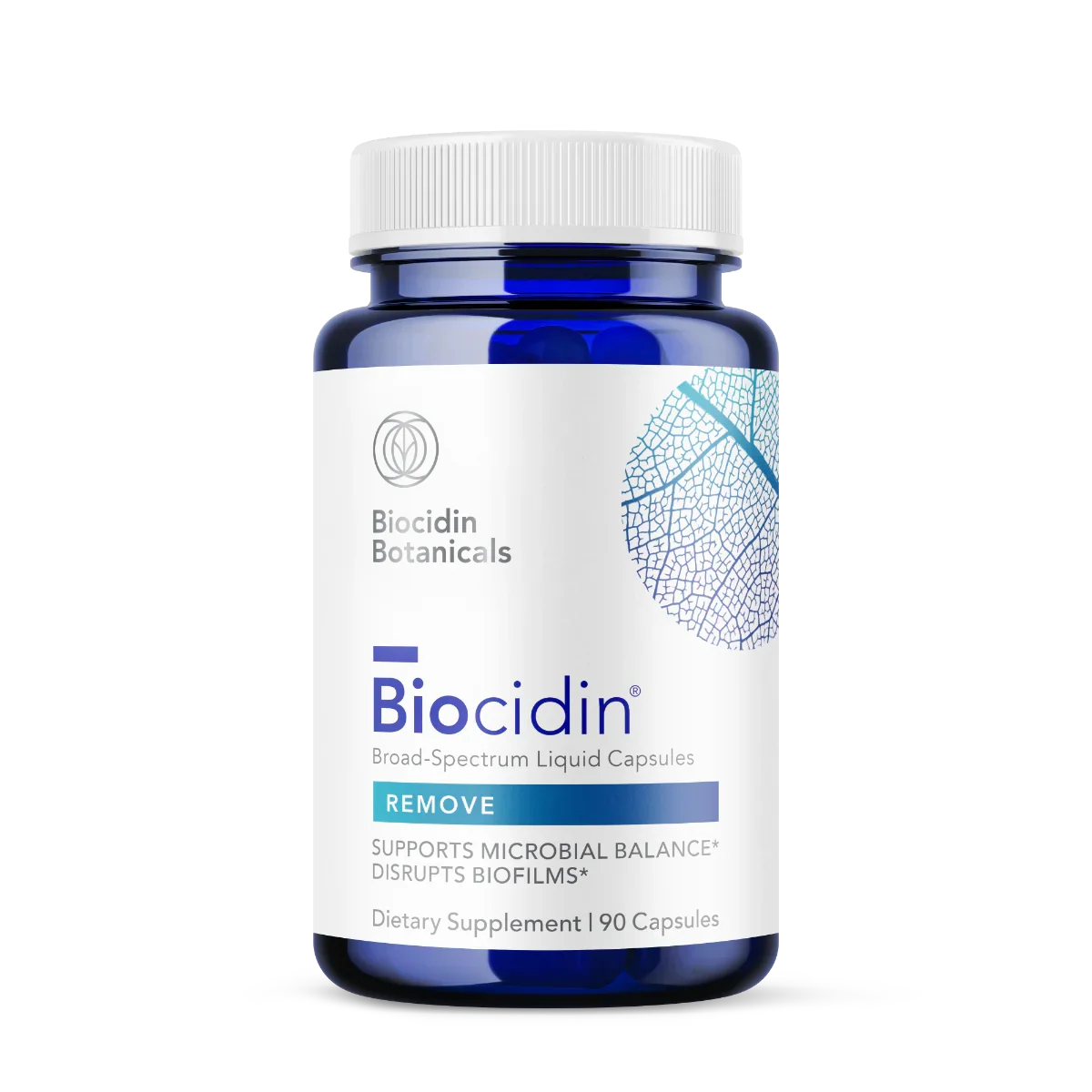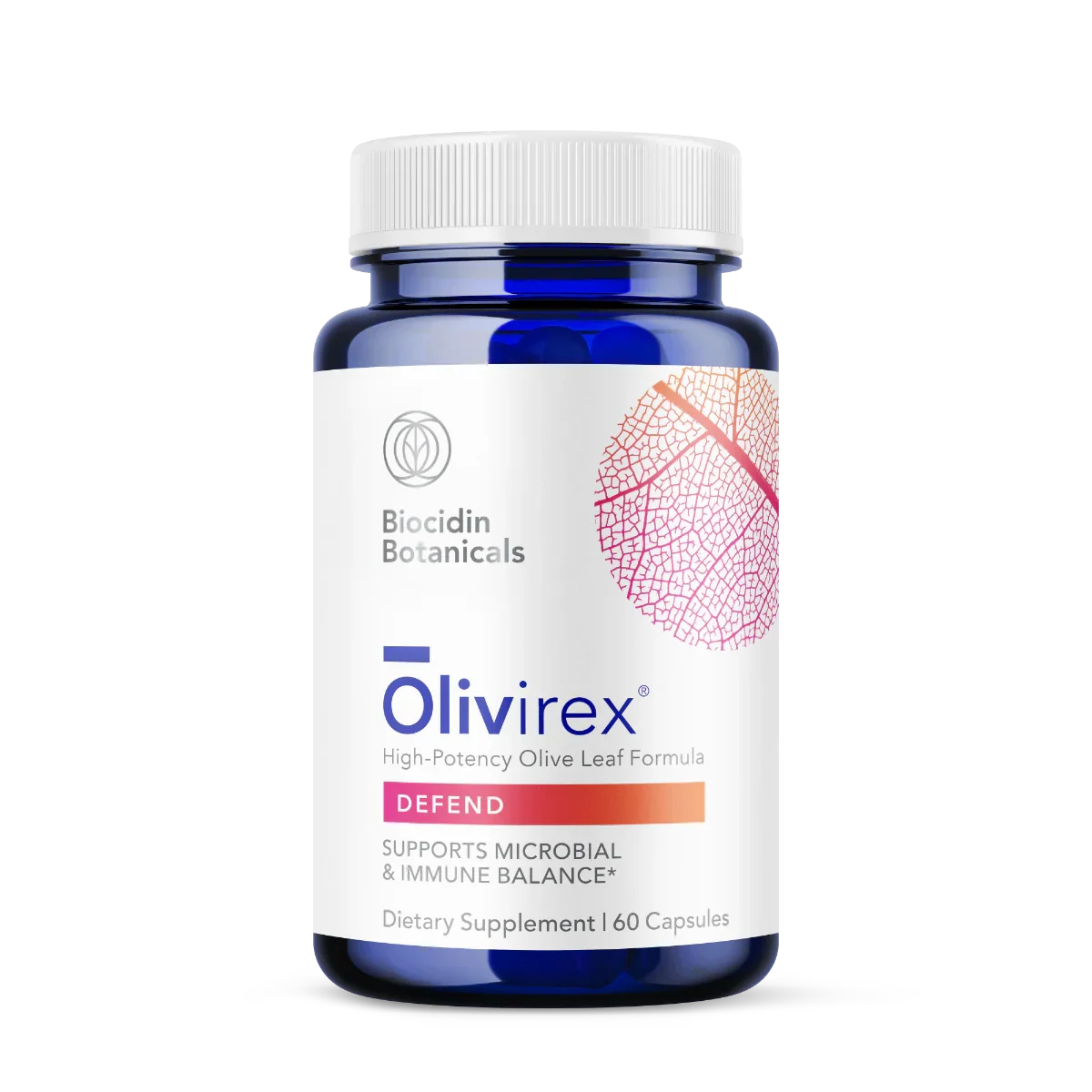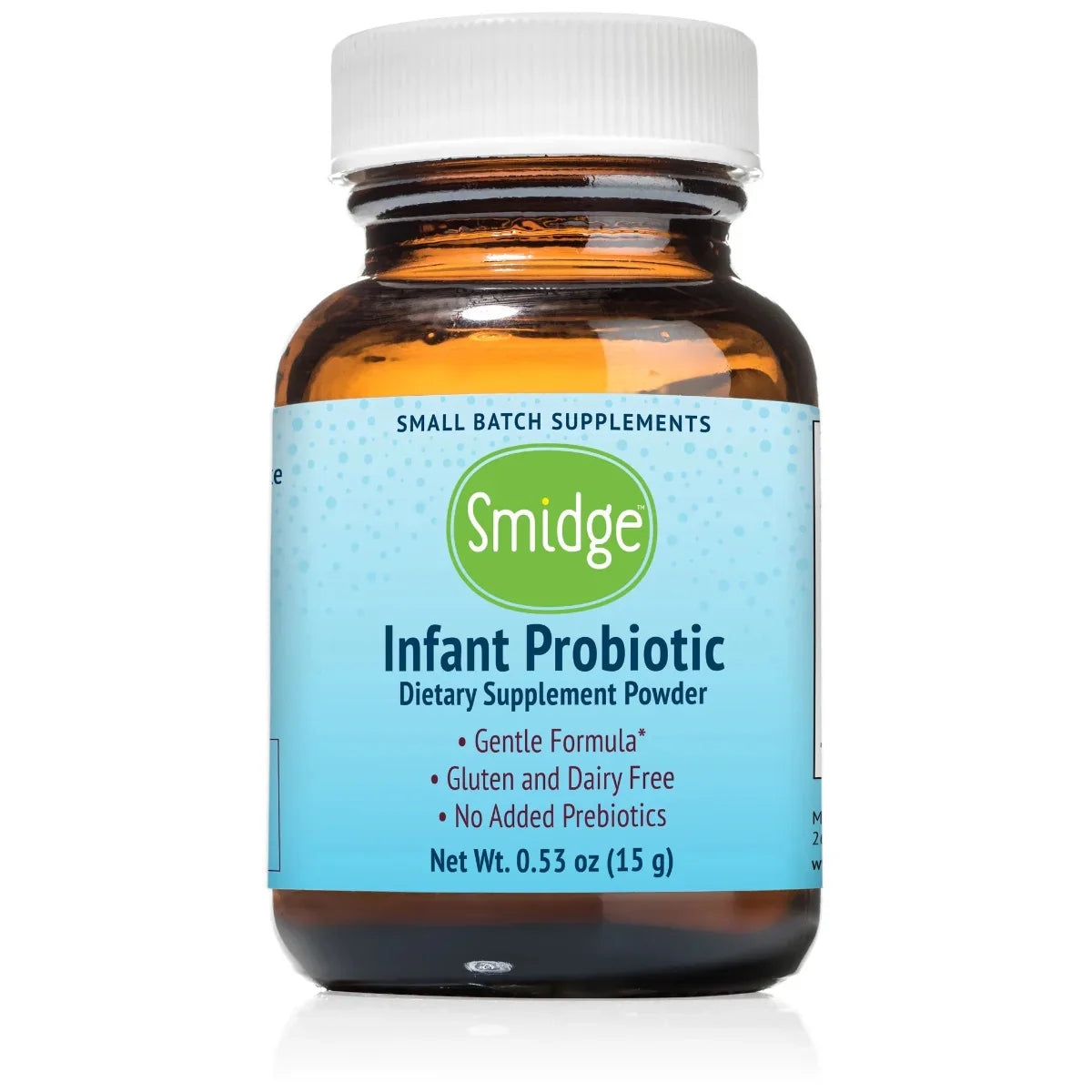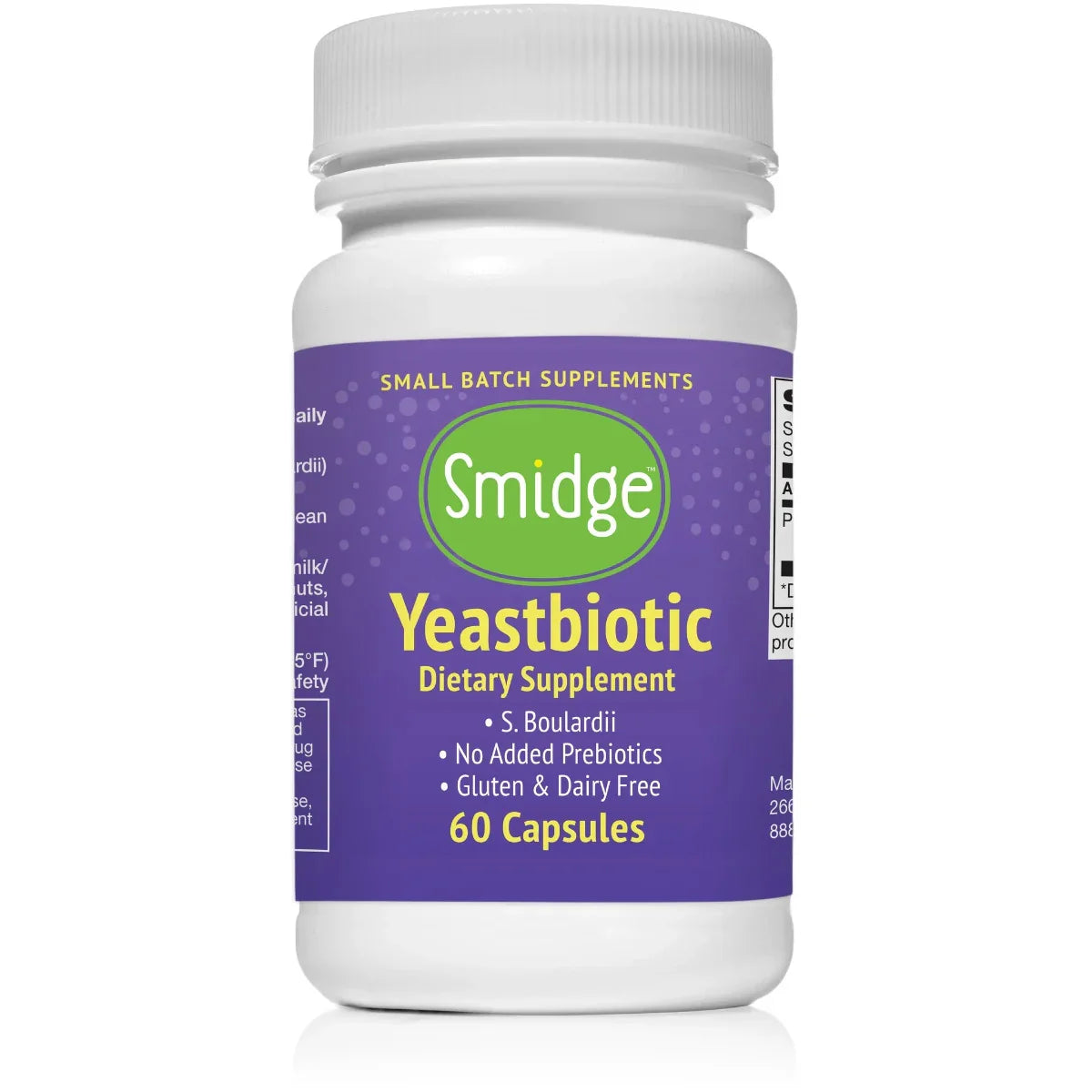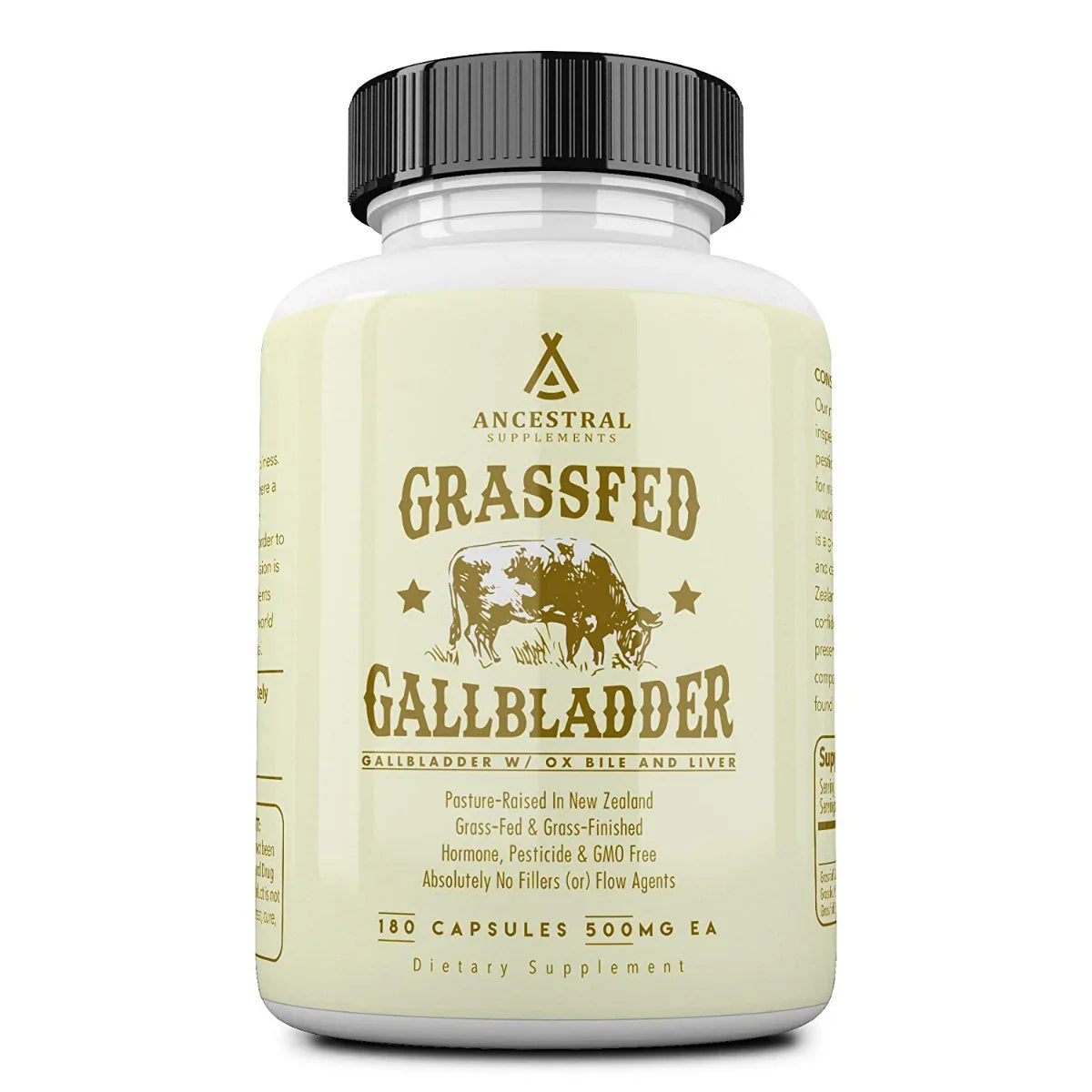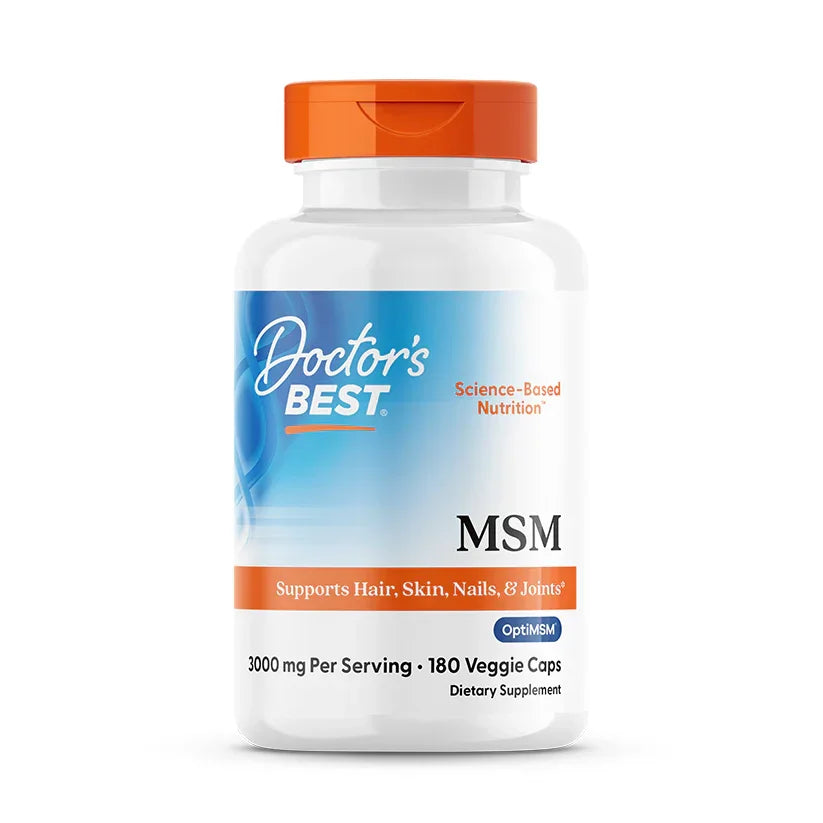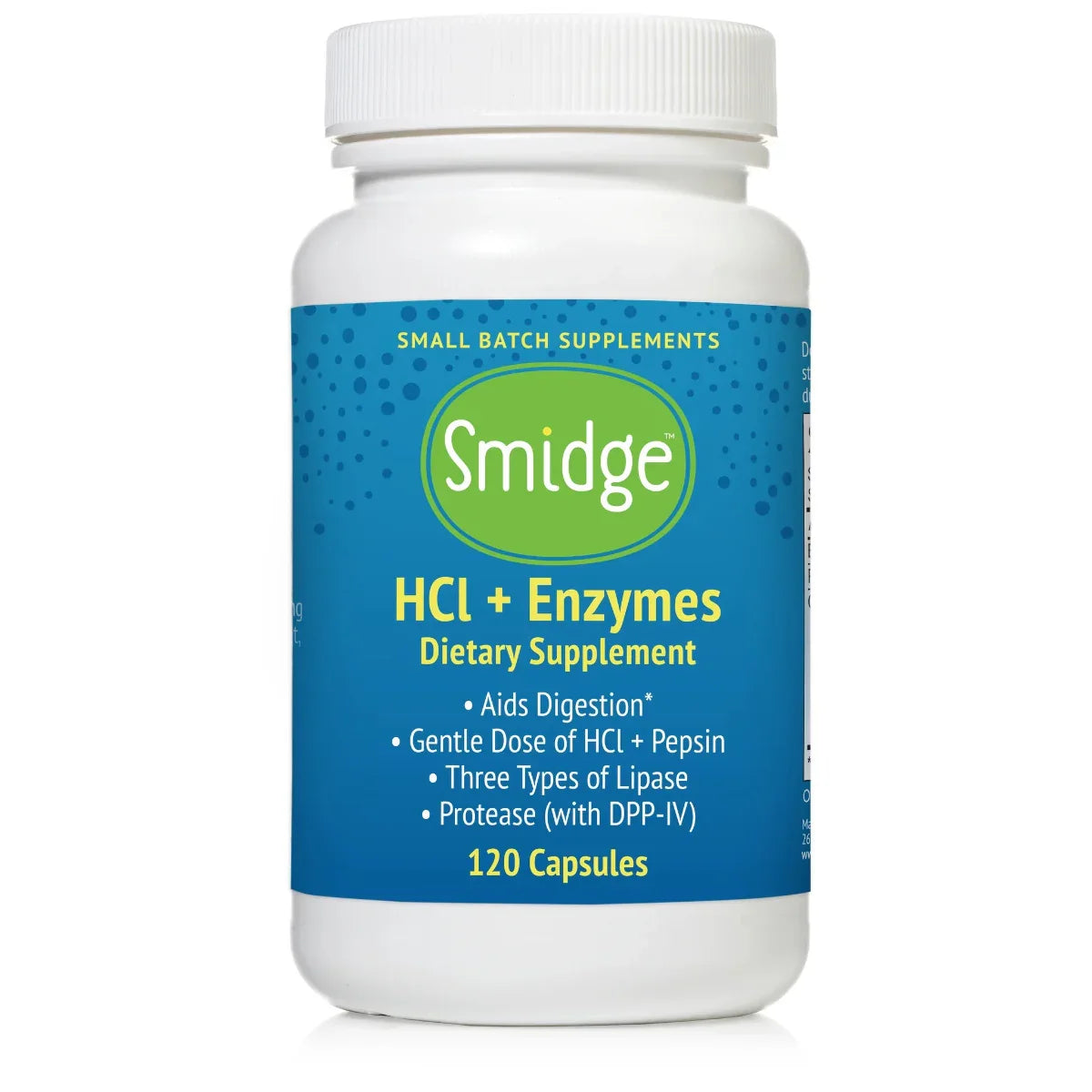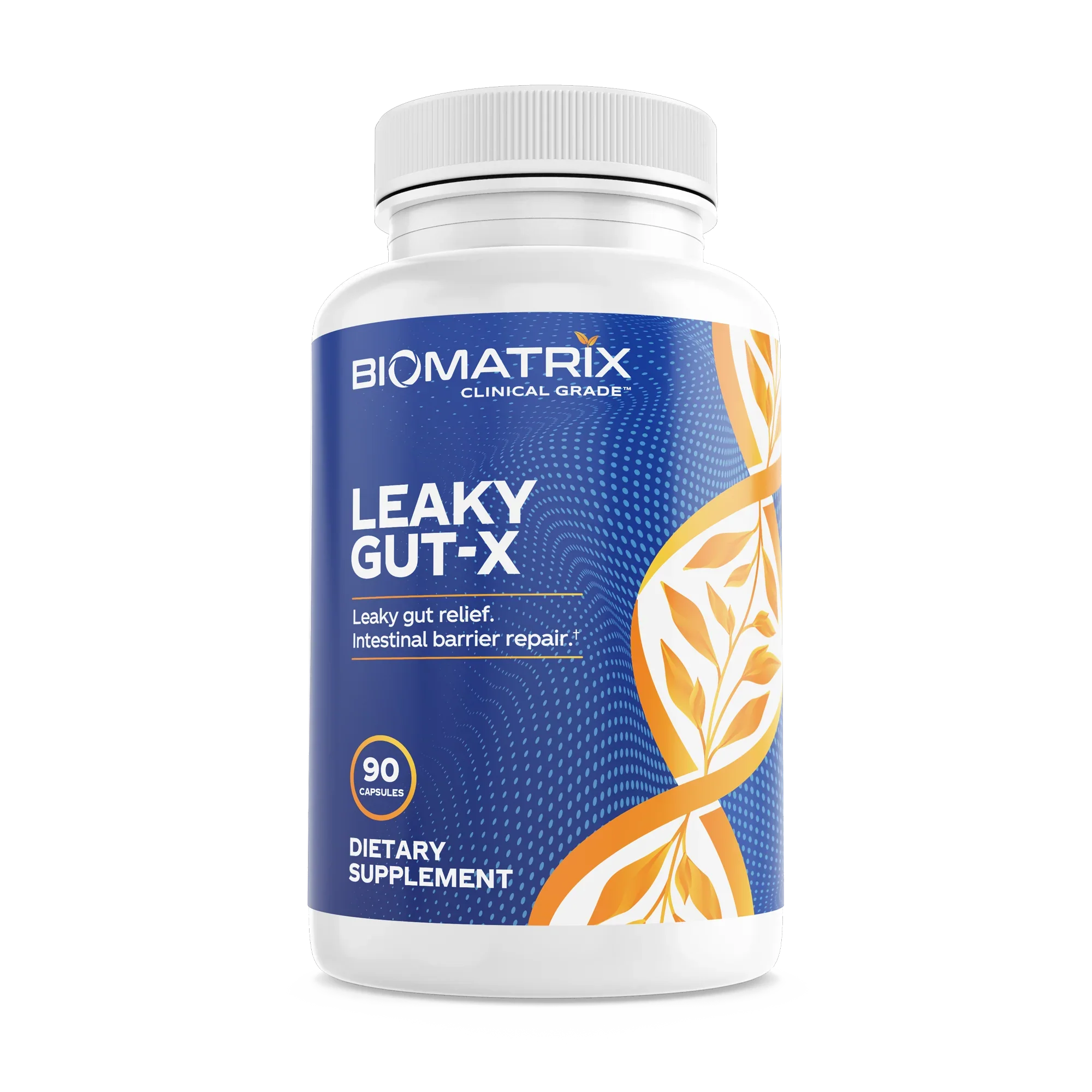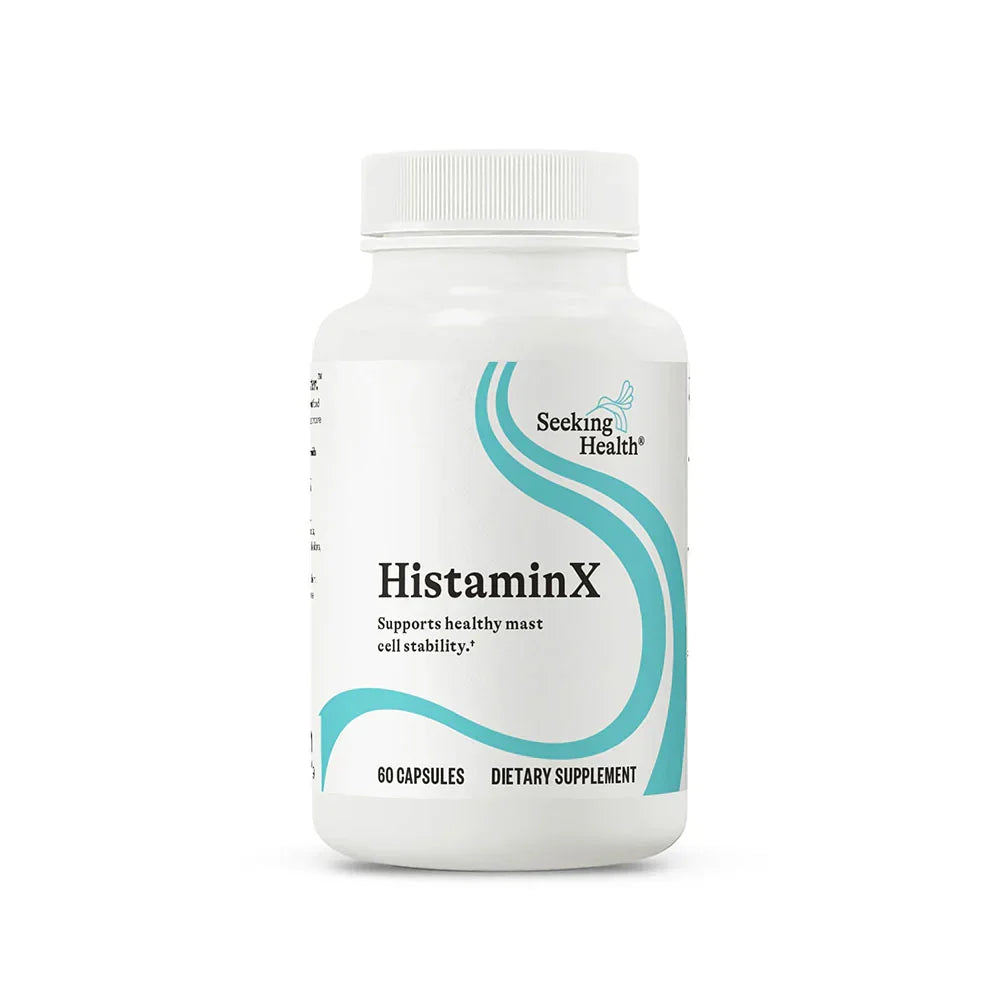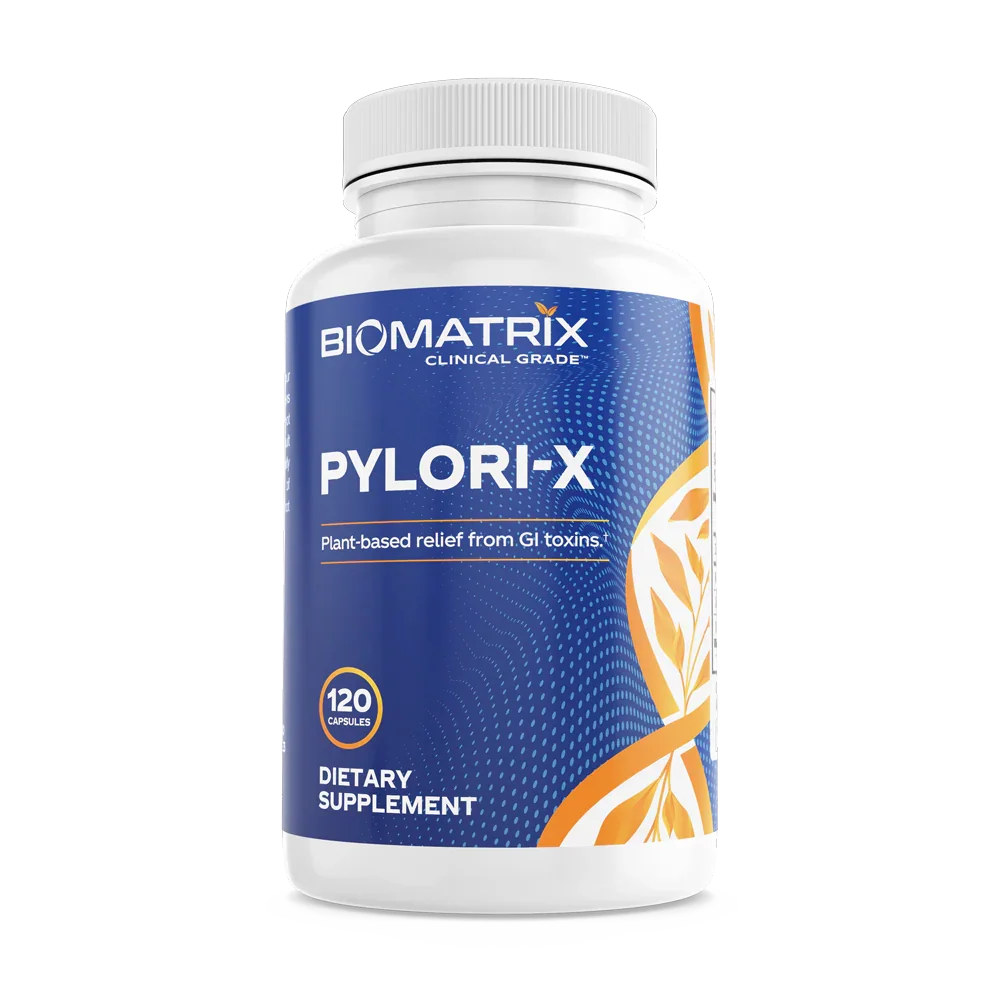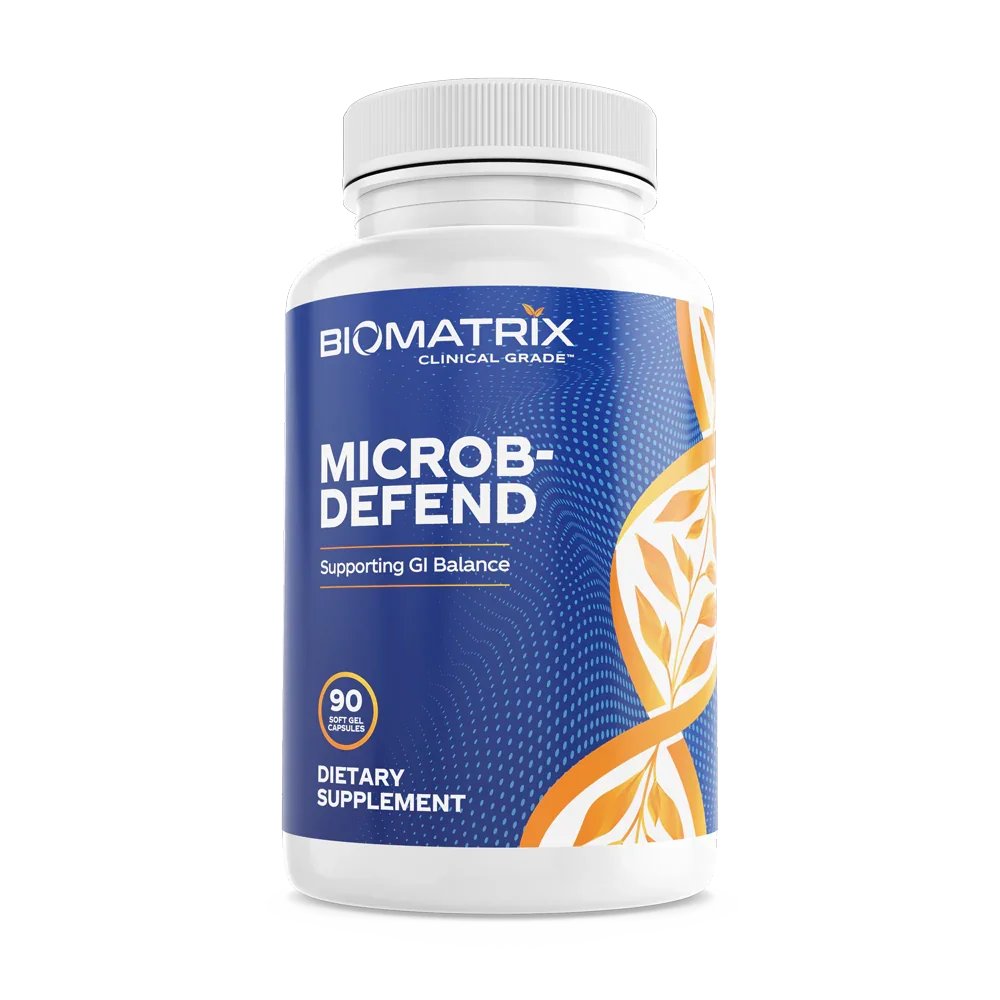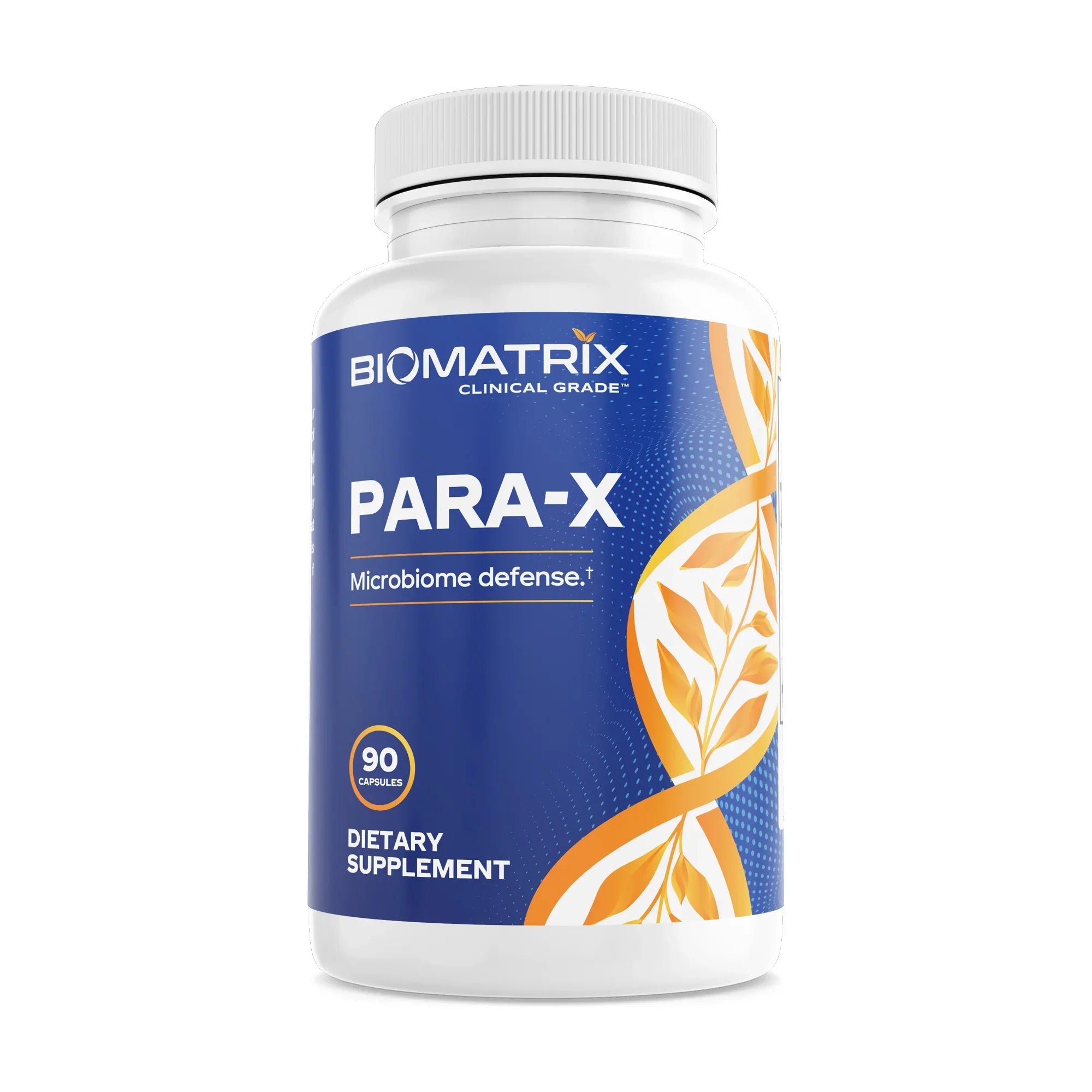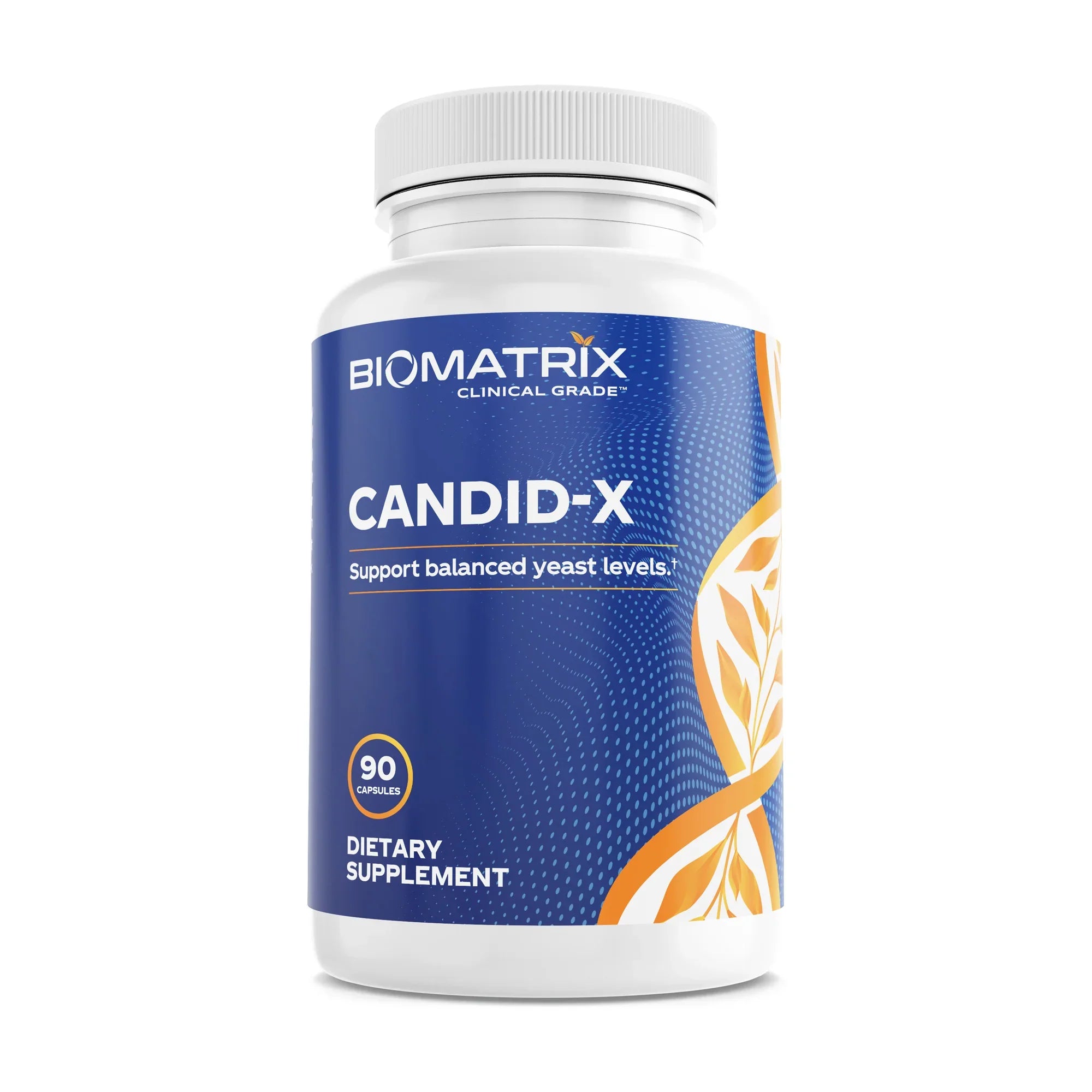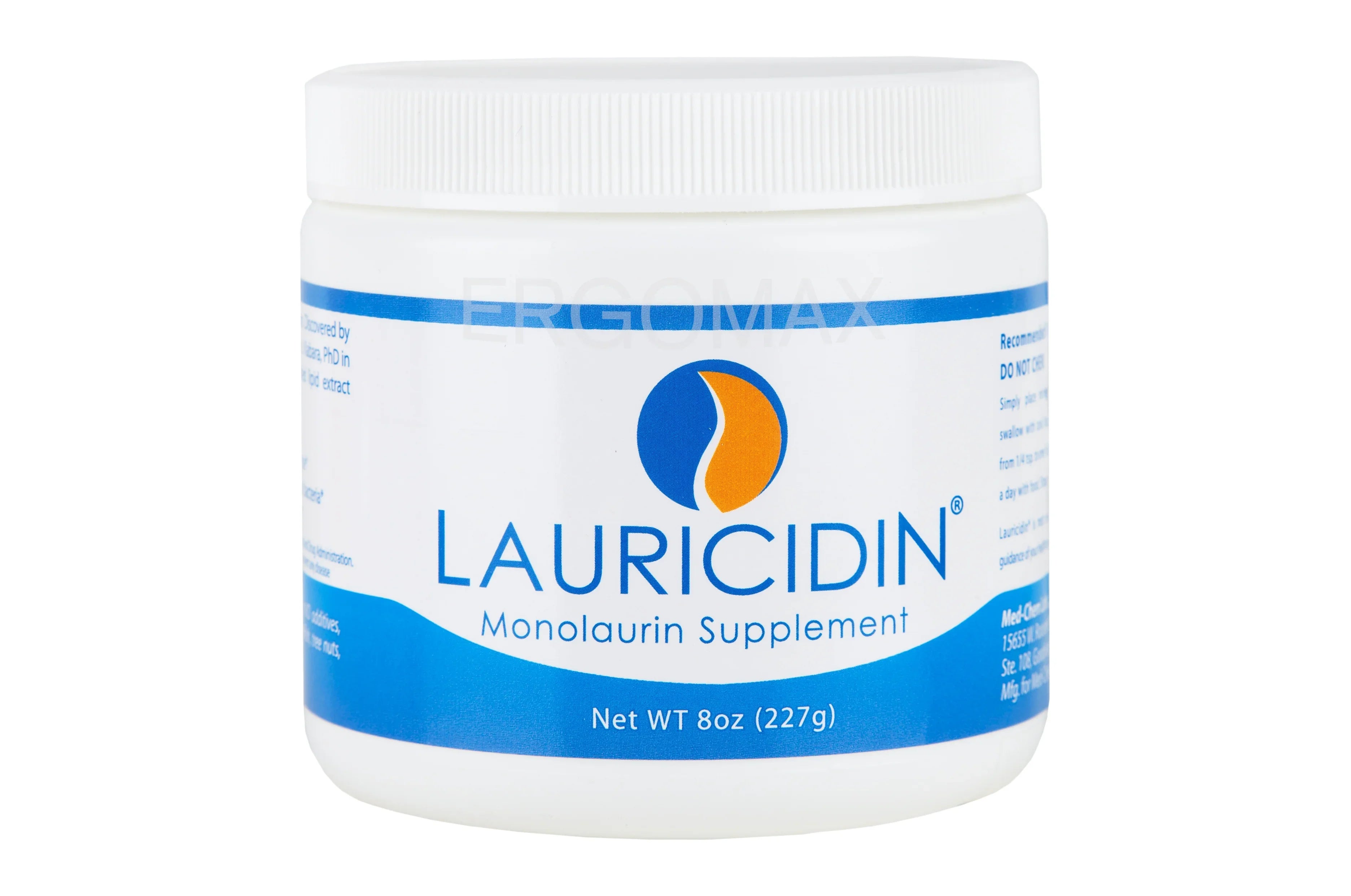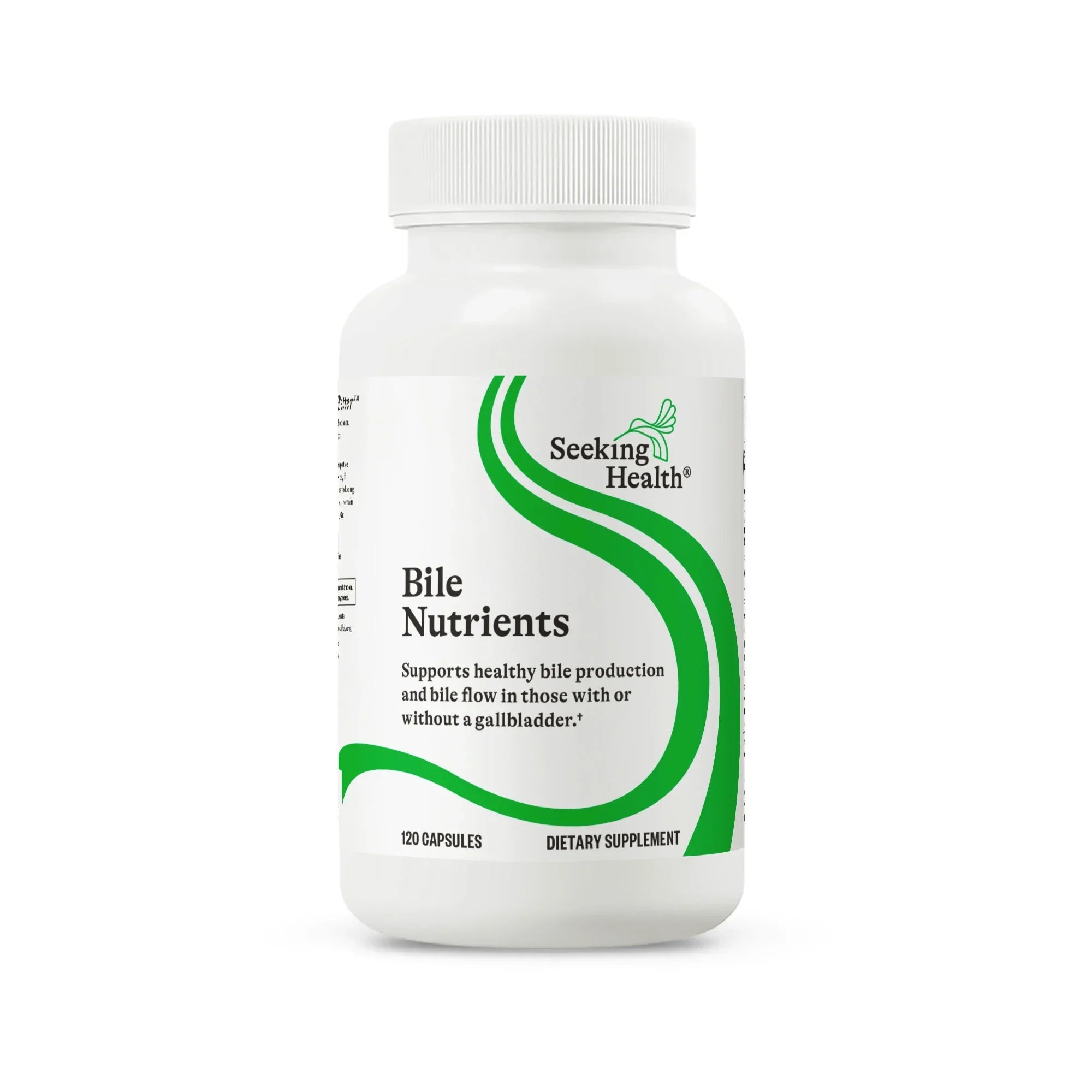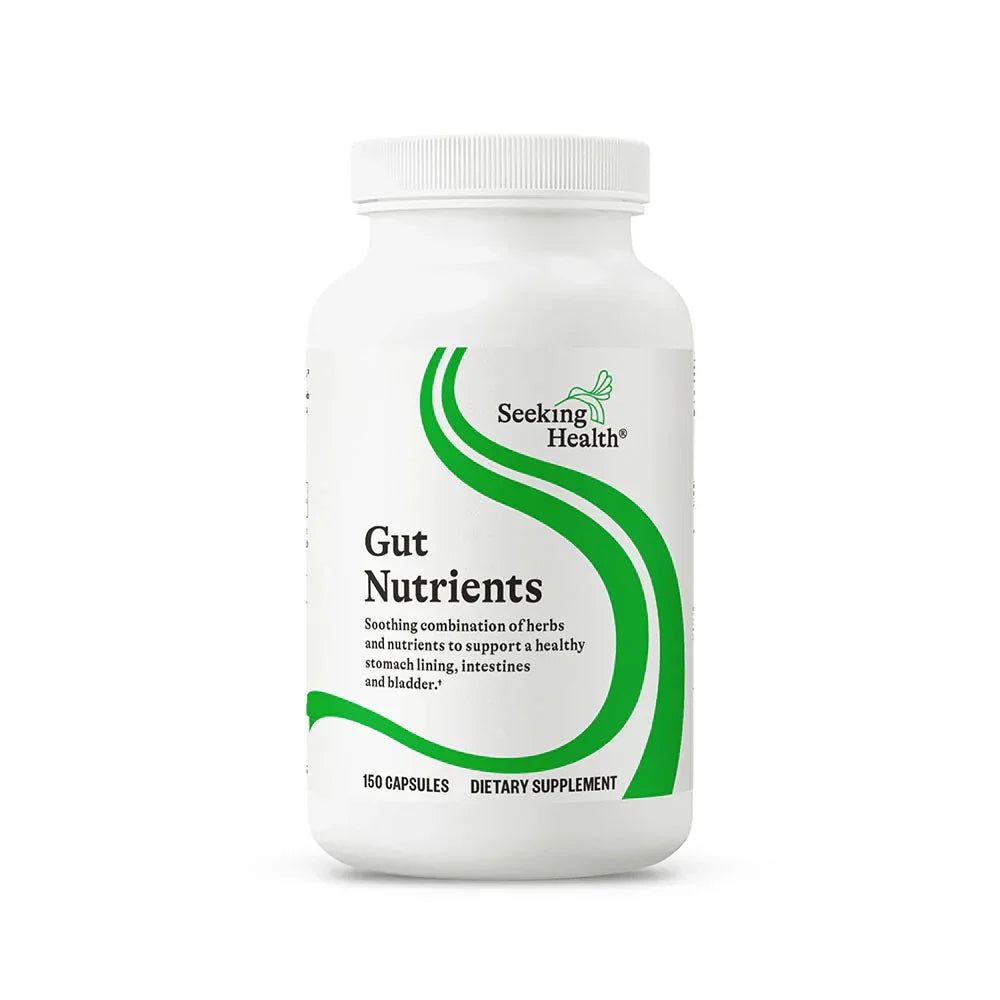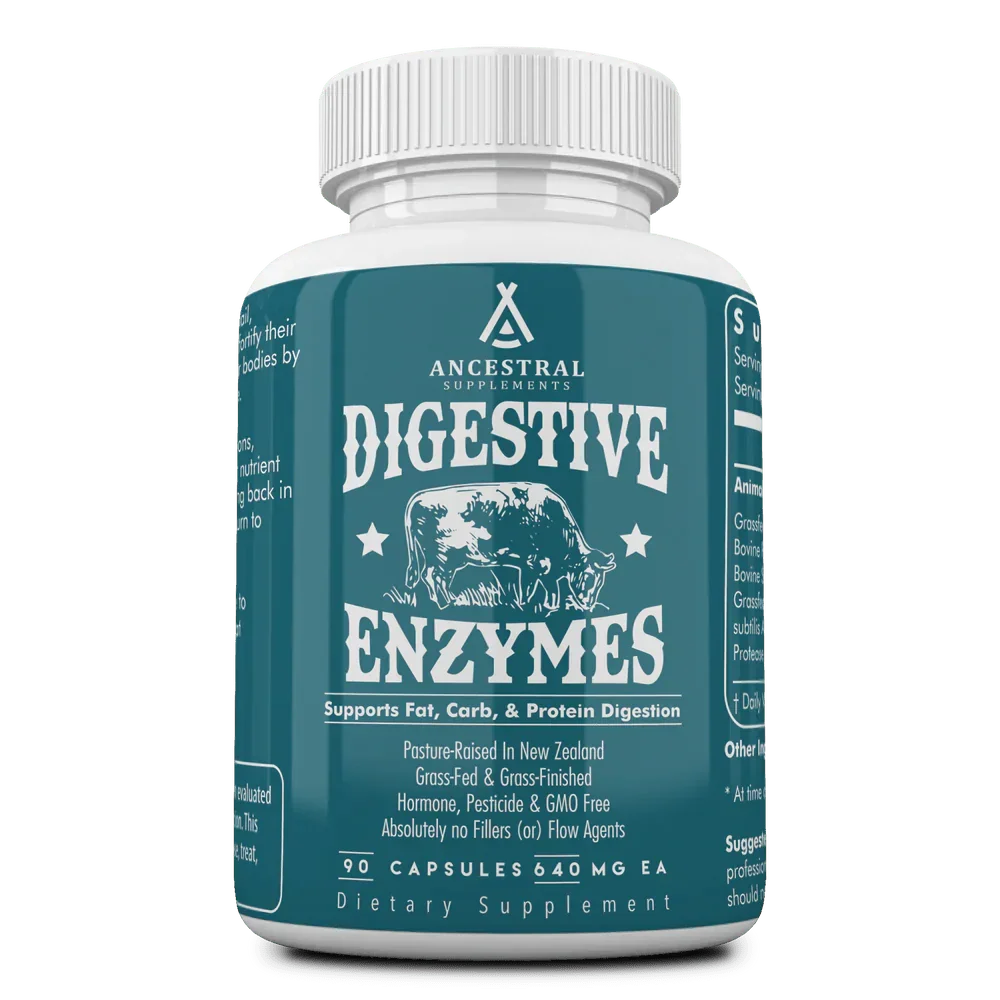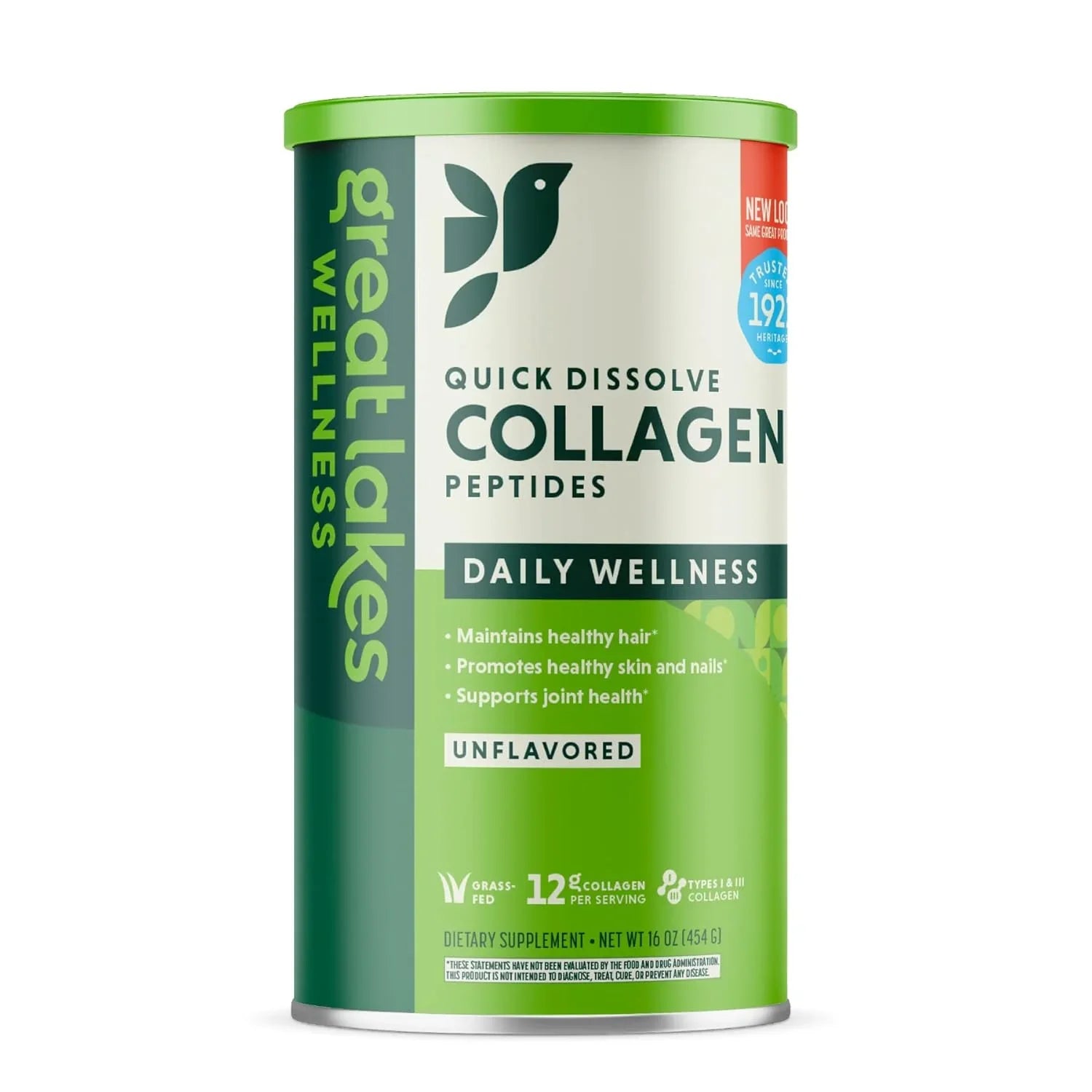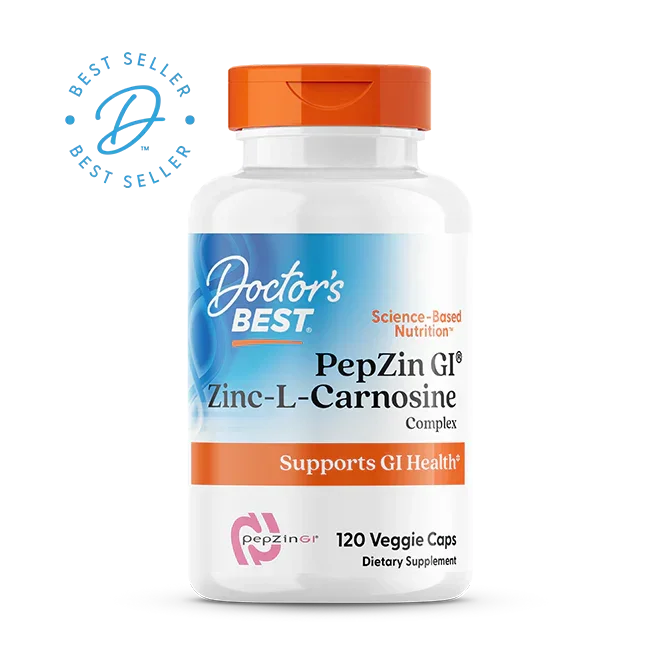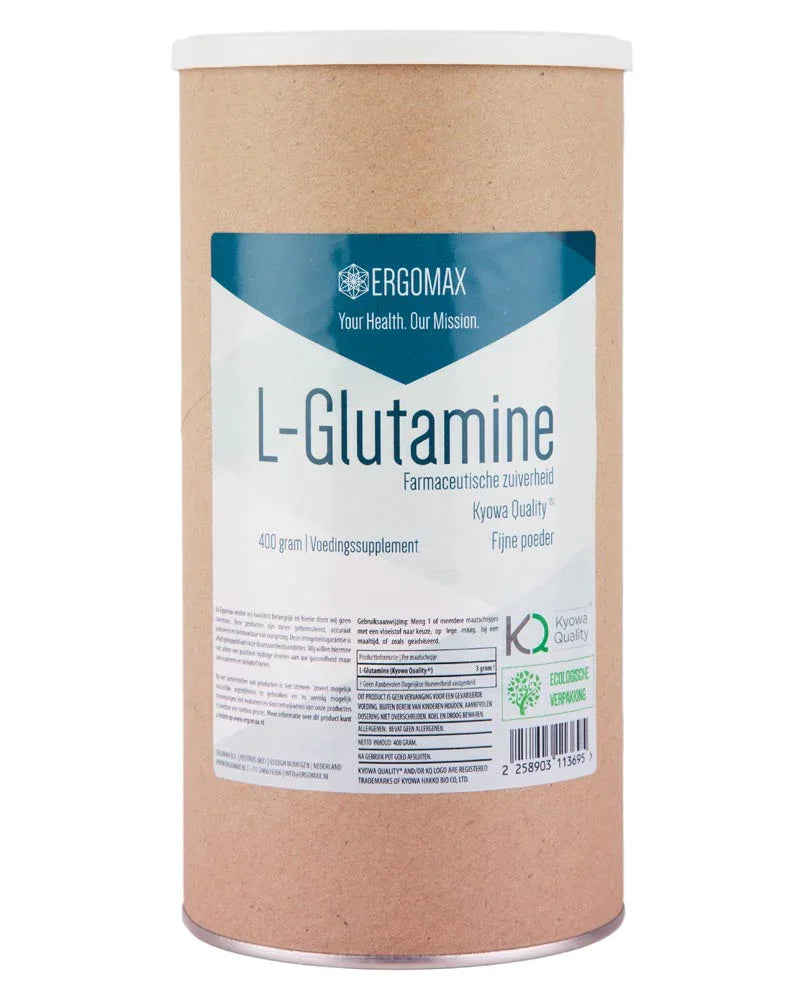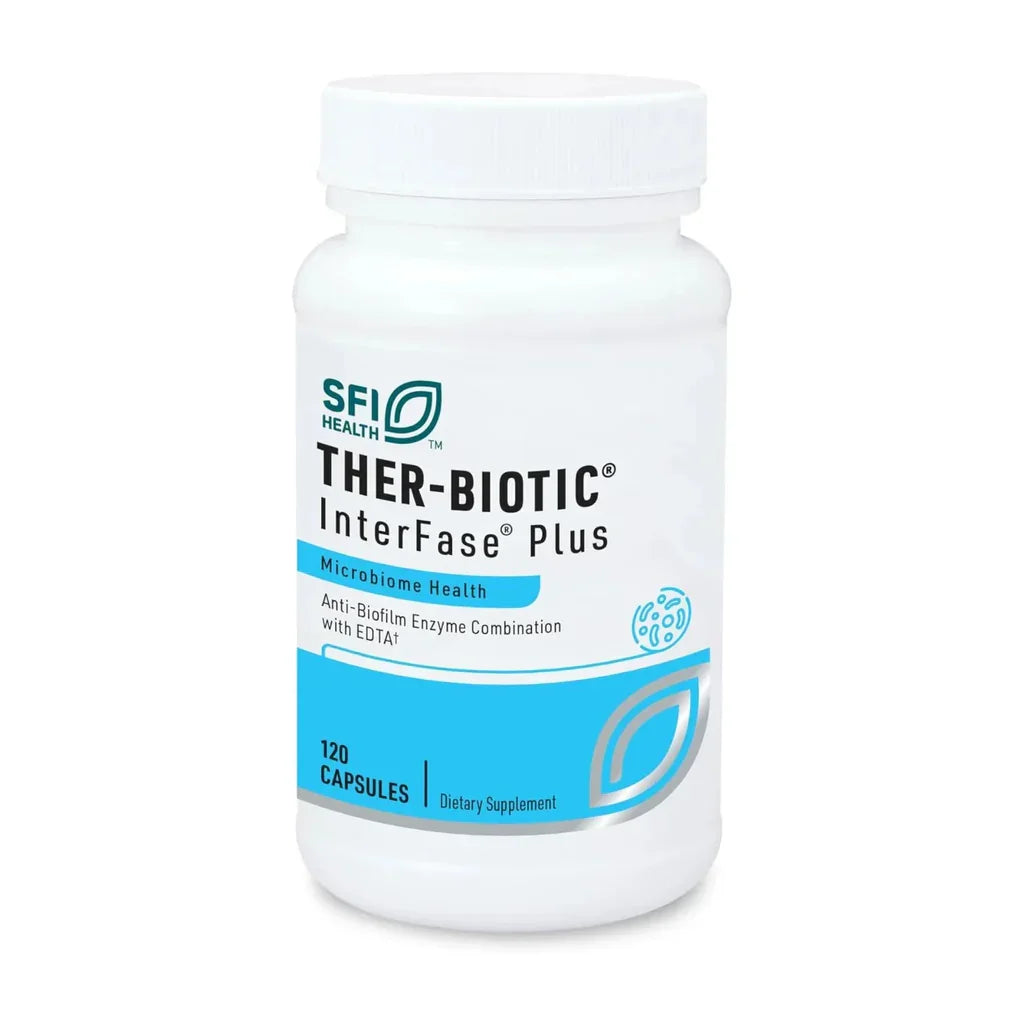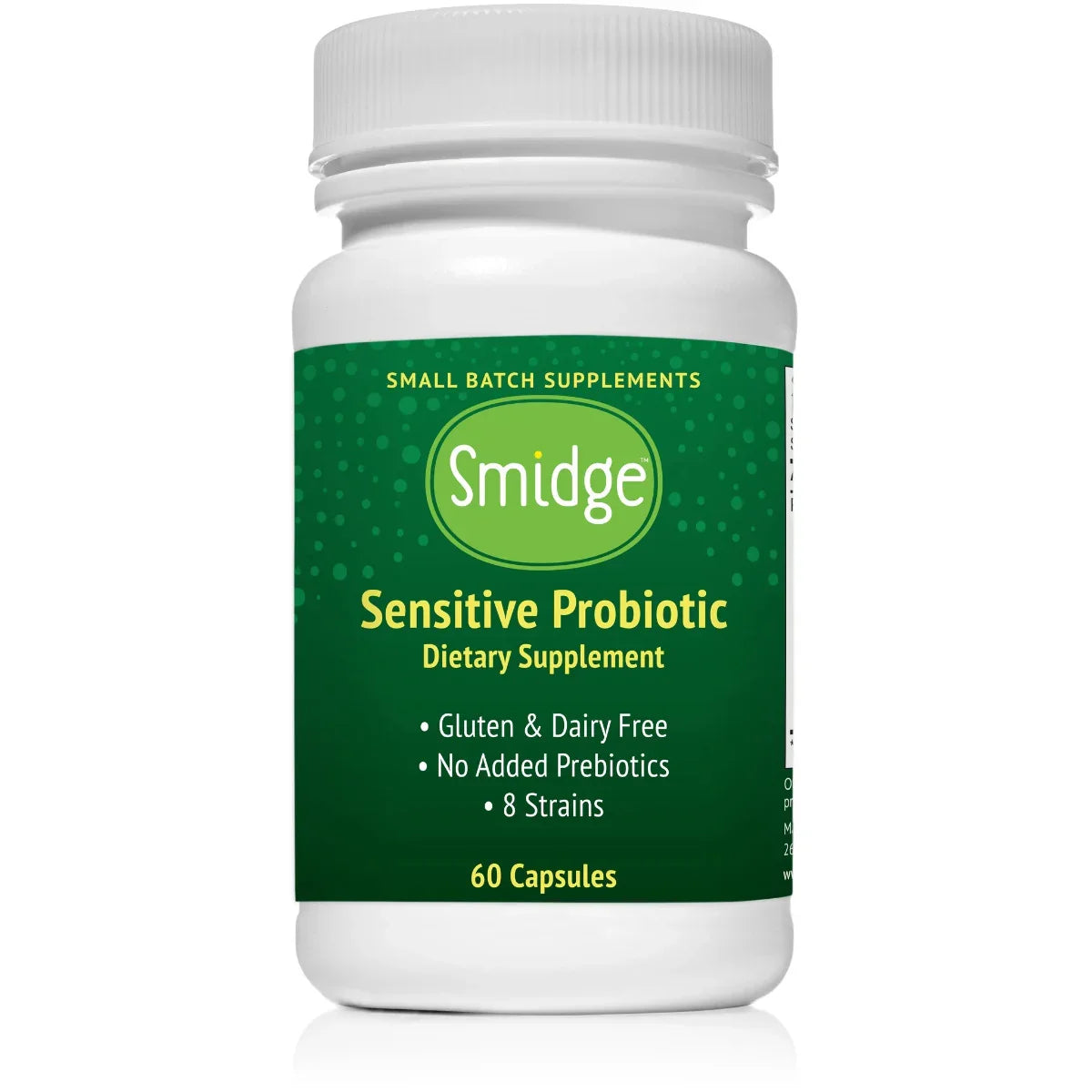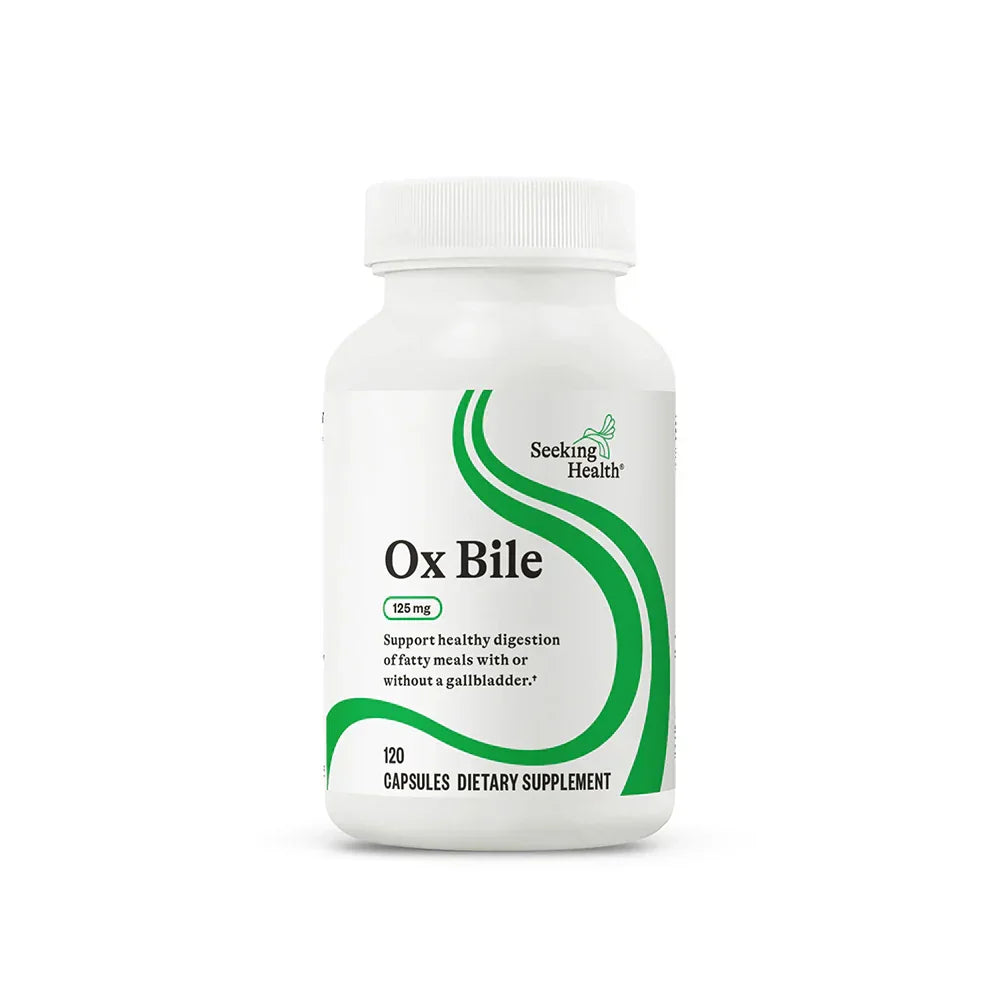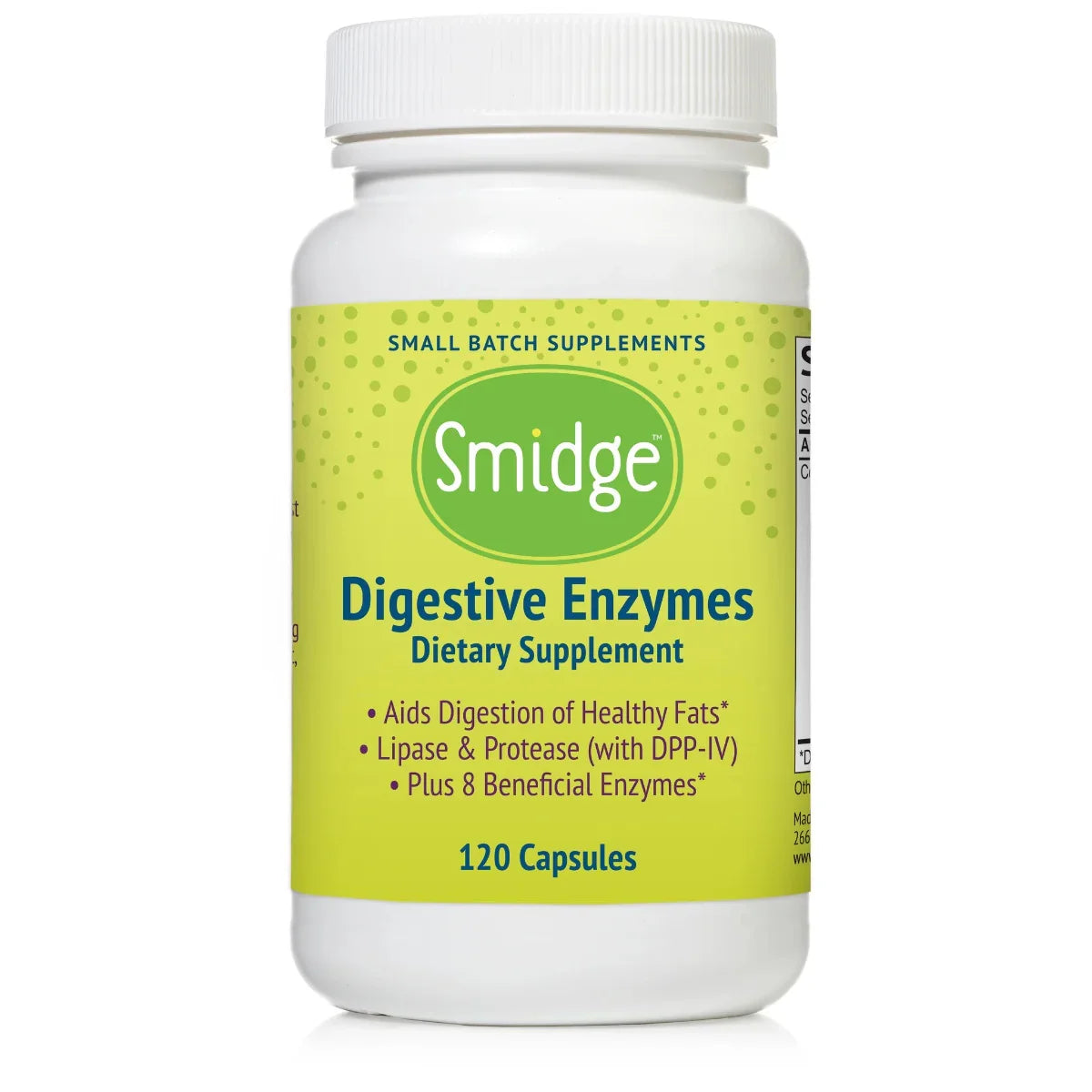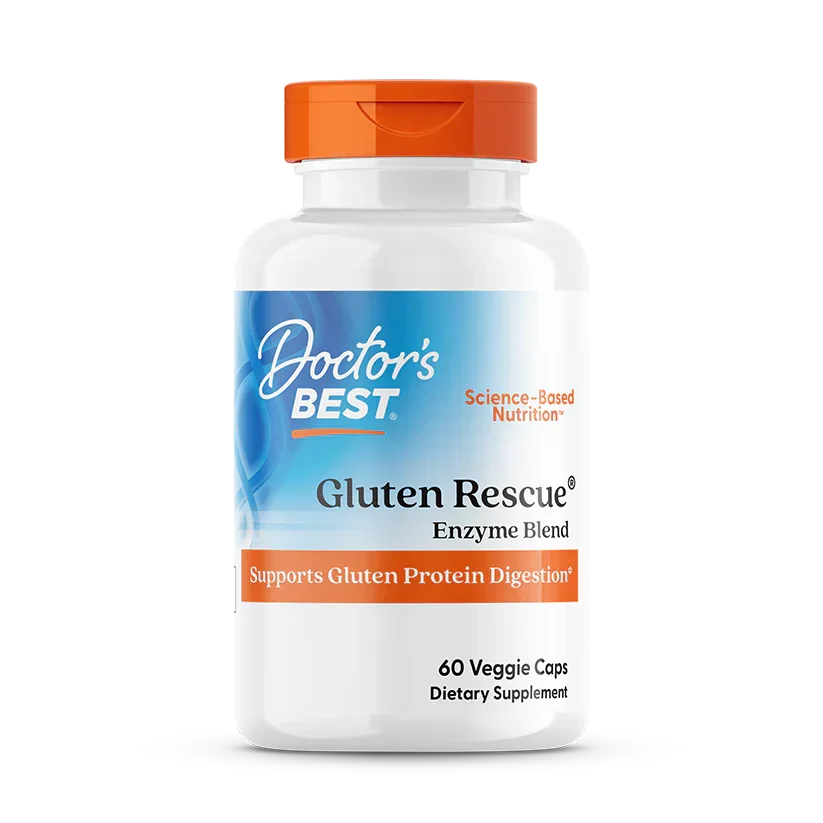Digestion Support Supplements
Digestion plays a vital role in processing food, absorbing nutrients, and converting these substances into the energy the body needs. The digestive tract, which stretches from the mouth to the anus, is responsible for digesting food and excreting waste. Did you know that approximately 70% of the immune system is located in the digestive system? In addition, various hormones are produced in this system. Most neurotransmitters are also produced in the intestines, which is why they are sometimes referred to as our "second brain."
On this page you will find a selection of supplements that you can use to support and balance your digestion.
Filters
Collagen Hydrolysate from Wild-Caught Marine Fish - 400 grams
Sale price€29,95
Atrantil - Bacterial Overgrowth - 90 capsules
Sale price€44,95
Biocidin® - Botanical Herbal Complex - 30 ml
Sale price€64,95
N Acetylcysteine - Pharmazell - 80 capsules
Sale price€24,95
Bone Broth - Grass-Fed Beef - 90 grams
Sale price€44,95
Prescript Assist - Probiotics - 60 capsules
Sale price€59,95
Bone broth - Pastured chicken - 90 grams
Sale price€44,95
Digestive Enzymes - 90 vegetable capsules
Sale price€30,99
Biocidin - G.I. Detox (INT) - 60 capsules
Sale price€39,95
Liquid Organic Colostrum Extract - 125 ml
Sale price€29,95
Collagen Hydrolysate+ (from wild sea fish) - Strawberry - 500 grams
Sale price€31,95
Biocidin LSF - Liposomal Formulation - 50 ml
Sale price€87,95
Beta Prebiotics - Galacto-Oligosacharides (GOS) - 400 grams
Sale price€32,95
Beef gelatin (grass-fed European cattle) – 400 grams
Sale price€22,95
Sensitive Probiotic Powder - 20 grams
Sale price€114,95
Biocidin® - 90 vegetarian capsules
Sale price€64,95
Olivirex® - 60 capsules
Sale price€41,95
Infant Probiotics Powder - Smidge™ - 15 grams
Sale price€99,95
YeastBiotic - Probiotics- 60 capsules
Sale price€62,95
Grass-fed Bovine Gallbladder - 180 capsules
Sale price€79,95
MSM - Organic Sulfur - OptiMSM® - 180 capsules
Sale price€19,95
HCl + Enzymes - 120 vegetarian capsules
Sale price€48,95
Leaky Gut-X (Support Mucosa) - Bowel Support - 90 capsules
Sale price€57,50
HistaminX - Enzyme & Flavonoid Formula - 60 capsules
Sale price€49,95
Pylori-X - Helicobacter pylori formula - 60 Capsules
Sale price€89,95
Microb-Defend - Oregano Oil Formula - 90 softgels
Sale price€66,75
Para-X - Formulation - 90 capsules
Sale price€74,95
Candid-X - Candida Formula - 90 Capsules
Sale price€51,75
Lauricidin - Monolaurin Supplement - 227 grams
Sale price€45,95
Bile Nutrients - Gallbladder and liver formula - 120 capsules
Sale price€45,95
Gut Nutrients - Gut Formula - 150 capsules
Sale price€52,95
Digestive Enzymes - Grass Fed Organ Formula - 90 capsules
Sale price€64,95
Collagen Hydrolysate - Grass-Fed - 454 grams
Sale price€34,95
Zinc-L-Carnosine - PepZin GI® - 120 capsules
Sale price€29,95
L-Glutamine - Kyowa® - 400 grams
Sale price€29,95
InterFase Plus - Biofilm Disruptor - 120 capsules
Sale price€64,95
Sensitive Probiotics - 60 capsules
Sale price€54,95
Ox Bile supplement - 120 capsules
Sale price€24,95
Digestive enzymes - 120 capsules
Sale price€49,95
Gluten Enzymes - Glutalytic® - 60 capsules
Sale price€24,95

